Drink Uji tea.
Eat Uji tea leaves.
“TABECHABA”


DRINK UJI TEA,
EAT UJI TEA LEAVES.
Uji tea leaves are quietly present in the brilliant flowers.
We value the feeling of
wabi-sabi and convey the
wisdom and atmosphere of Uji's ancestors.

謹製
Uji tea pickles
京都

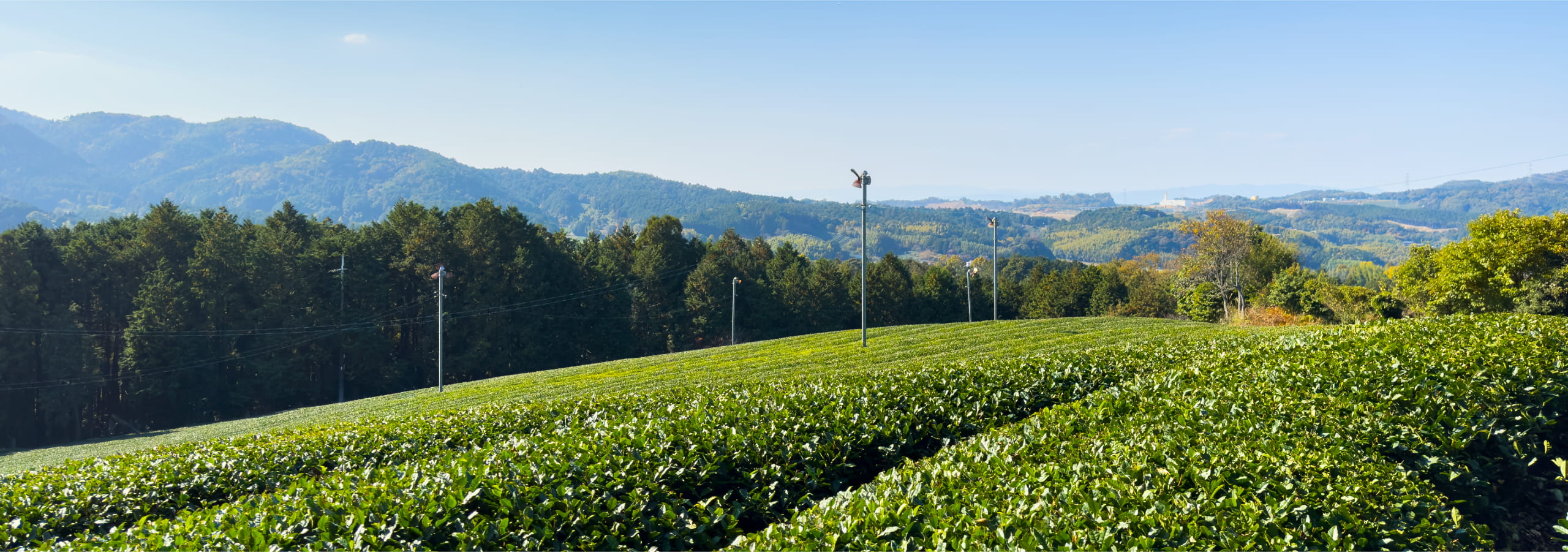

What is
“TABECHABA”?
Eat, Uji tea in Kyoto.
Tea leaves are carefully nurtured in a tea plantation deep in the mountains where fog rolls in during the
morning and evening.
The exquisite conditions that can only be created in nature, such as steep slopes with
a large temperature difference between day and night, produce tea that is truly "fragrant and
delicious.
The "Eating Tea Leaves" using such Uji tea leaves was created as a nature-friendly and healthy
pickle that makes full use of the resources of tea.

DRINK UJI TEA, EAT UJI TEA LEAVES.

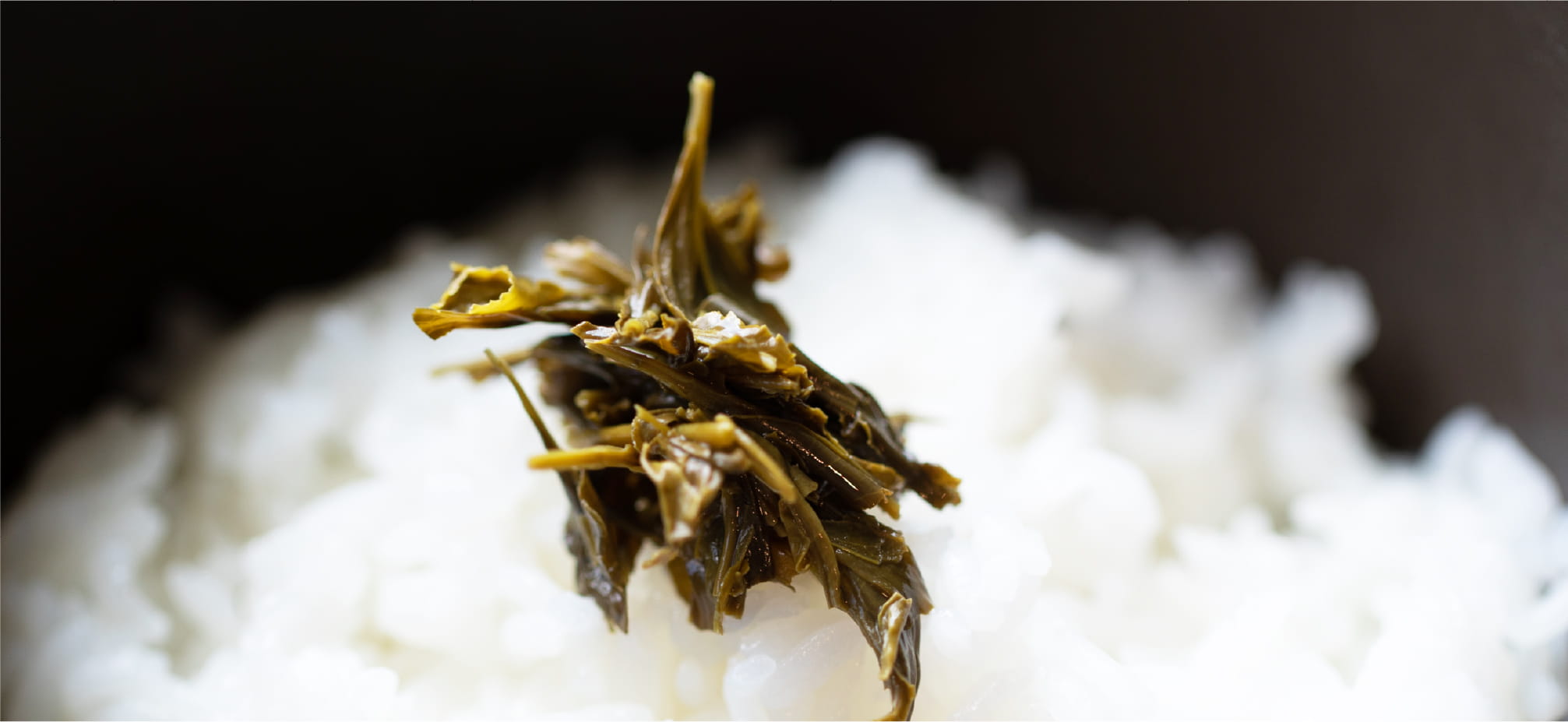

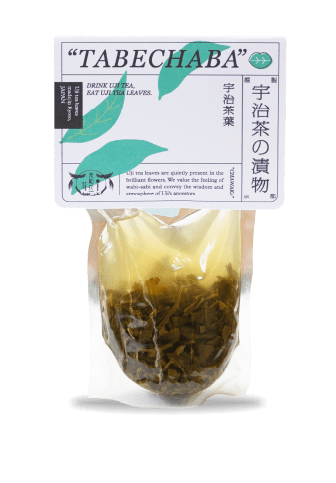

The rich flavor of Uji tea is used in this
product.
The tea leaves are pickled in vinegar so that they can be enjoyed as a "taste" as
well.
The tea leaves are made from the leafy part of Uji tea so as not to be unpleasant to the
palate.
Please enjoy the taste of Uji tea leaves.



The rich flavor of Uji tea is used in this
product.
The tea leaves are pickled in vinegar so that they can be enjoyed as a "taste" as
well.
The tea leaves are made from the leafy part of Uji tea so as not to be unpleasant to the
palate.
Please enjoy the taste of Uji tea leaves.


TABECHABA creates a cycle of off-spec vegetables by connecting with local producers.
In addition to pickles made exclusively from Uji tea leaves,
we have also created pickles made with premium vegetables, mainly traditional Kyoto vegetables carefully
grown by farmers in the Uji
area.
The vegetables we use are out of standard vegetables that could not be wholesaled in the market due
to strict quality standards.
However, the taste is completely the same with only a slight difference in
shape and appearance.
By using them in pickles, more vegetables can now be delivered to the table.
Uji tea x Kyoto
vegetables x pickles,
one by one, with care and thought...
The TABECHABA Uji tea pickle
project is now underway!
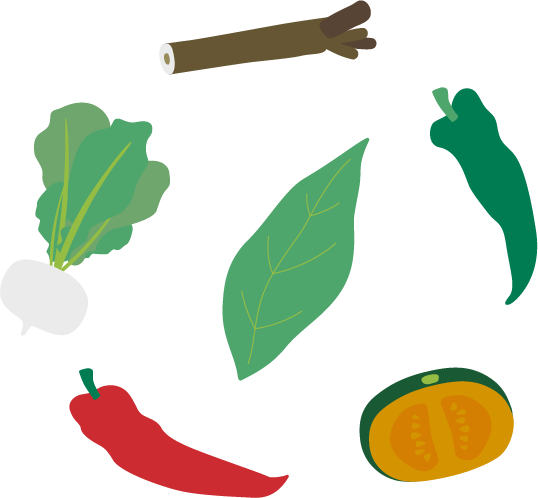
Uji tea x Kyoto
vegetables x pickles,
one by one, with care and thought...
The TABECHABA Uji tea pickle project
is now underway!
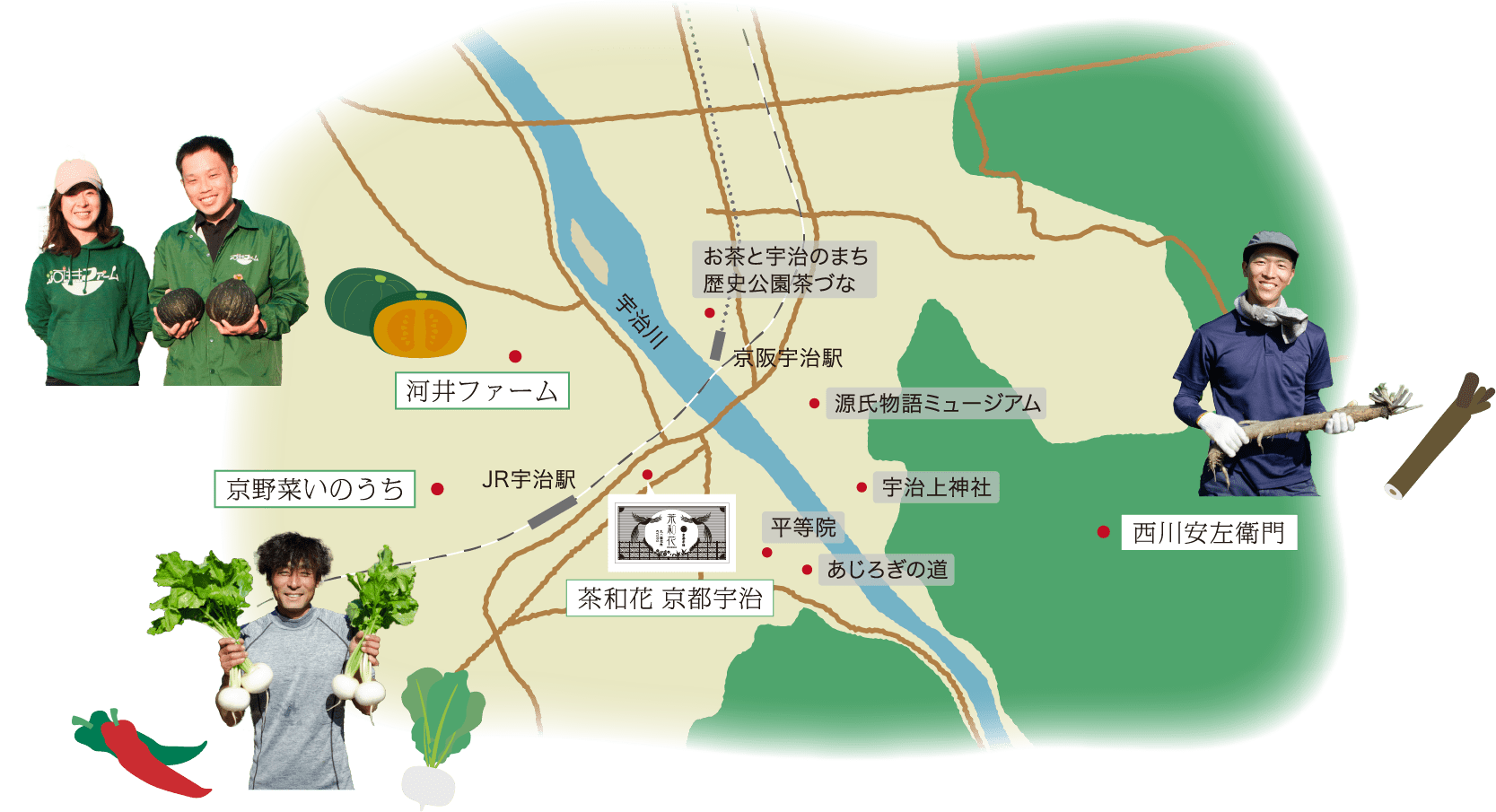
PRODUCT
DRINK UJI TEA, EAT UJI TEA LEAVES.
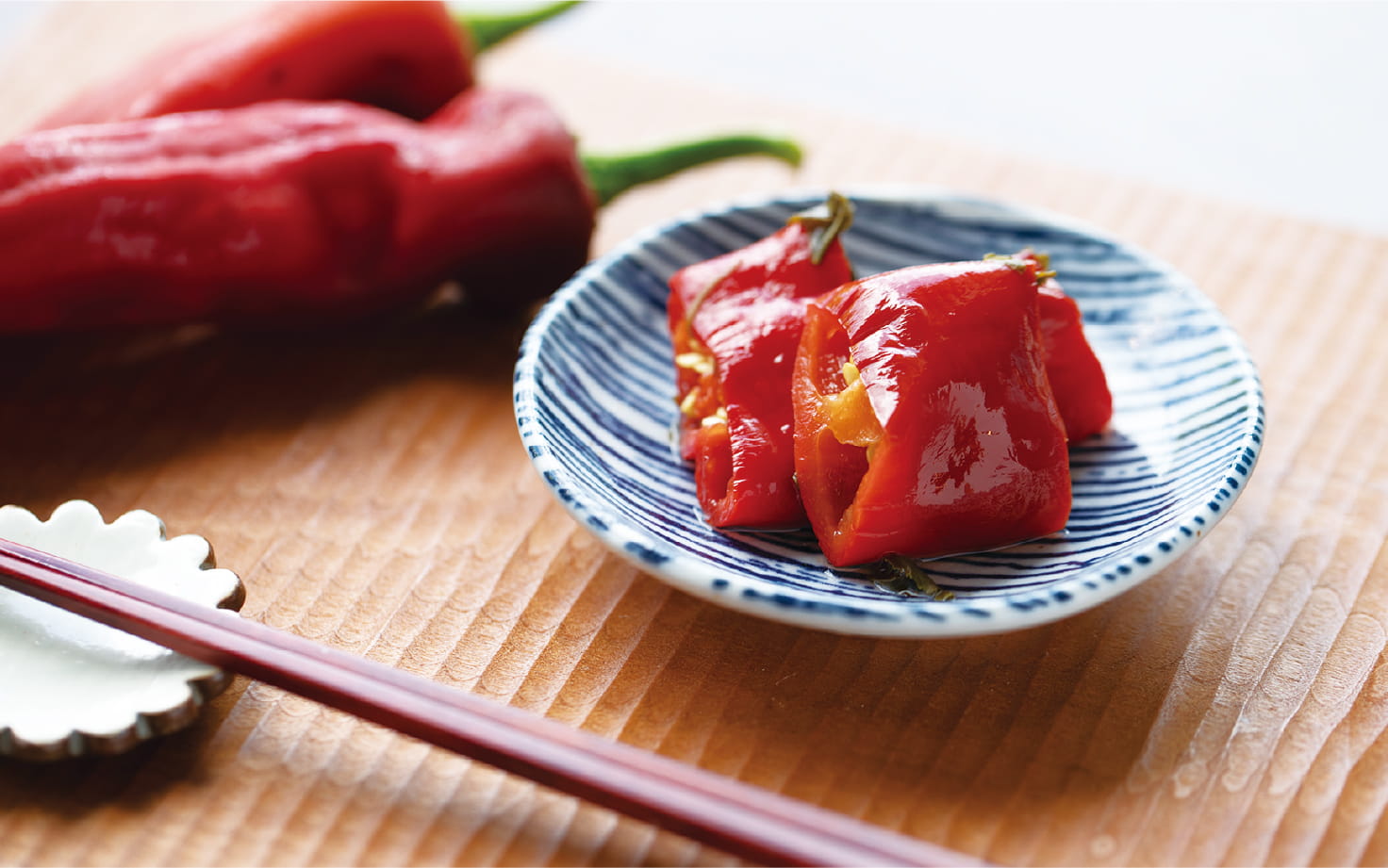

”Red Manganji chili peppers”
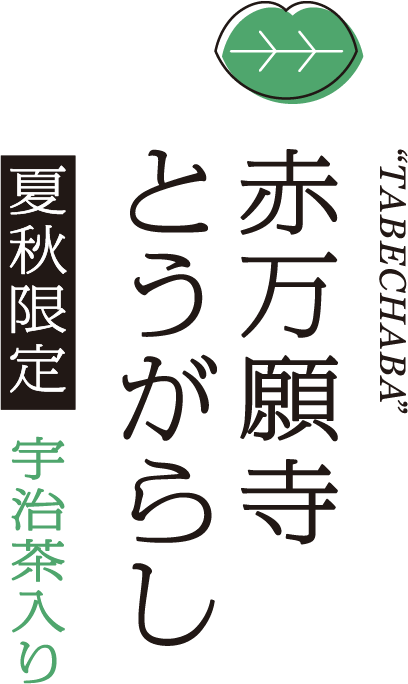
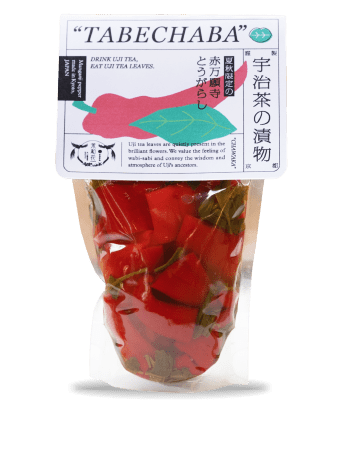


”Red Manganji chili peppers”
DRINK UJI TEA, EAT UJI TEA LEAVES.
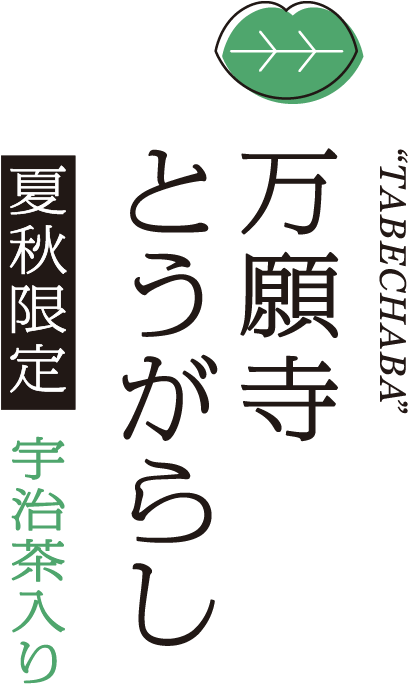
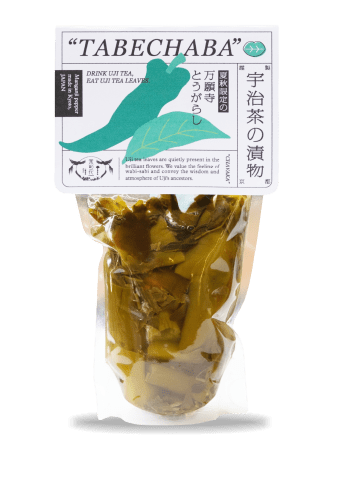
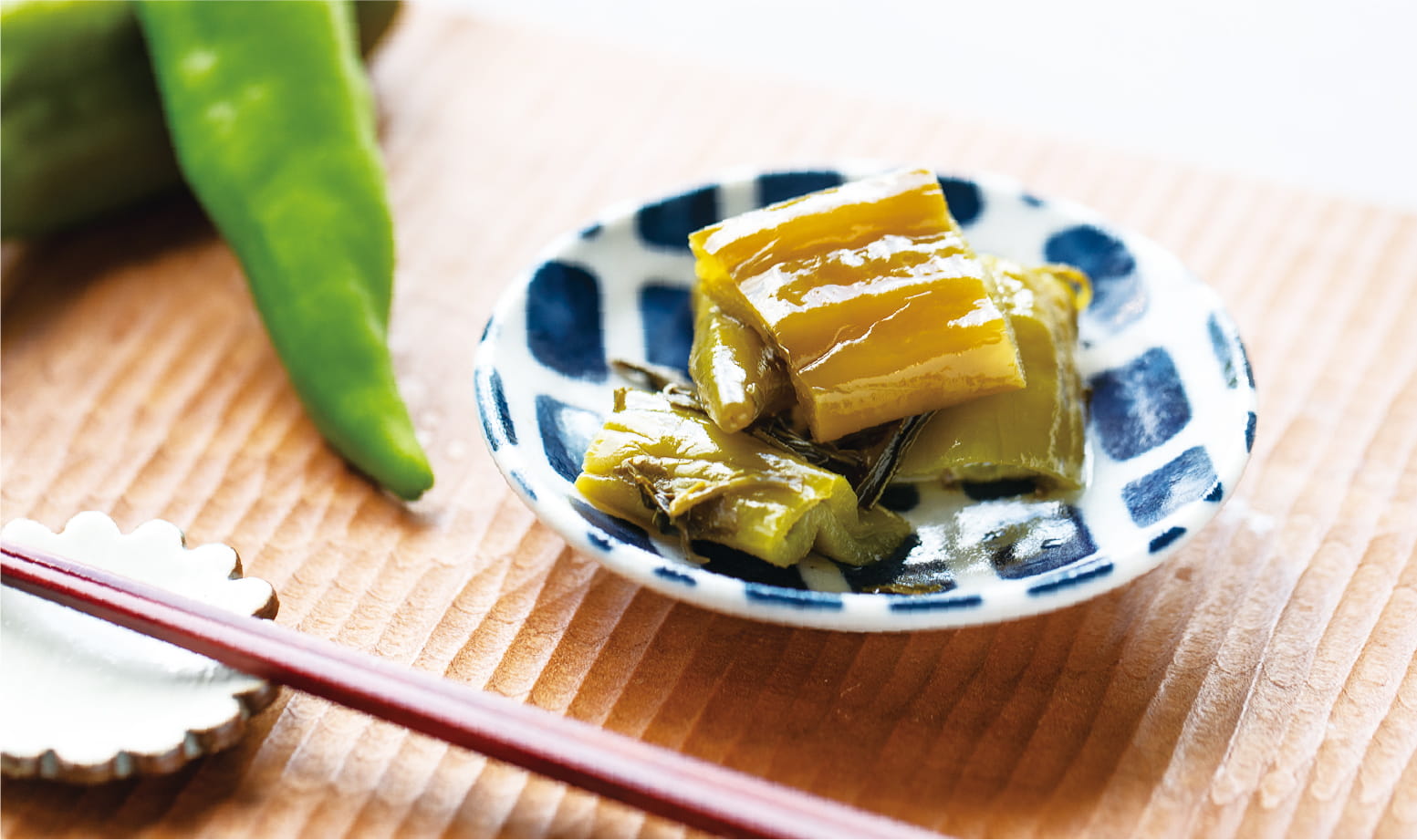

”Green Manganji Togarashi peppers”
The production of red Manganji chili peppers is negligible because of its sweet taste and the strain it places
on the tree during the production
stage.
They are also precious, with a short harvesting period of 1 to 3 days (affected by air temperature,
humidity, and solar radiation).
Green Manganji Togarashi peppers are easy to eat with little bitterness.
【Farmer】
Kyoyasai Inouchi-san
We produce high quality Kyoto vegetables such as Manganji peppers, hana-nai, and kokabu, using enzymes and other ingredients. We are actively offering hands-on harvesting and farming experiences, and are striving to create a farm where people can see the farmer's face and the work that goes into it, and where they can develop an interest in food and agriculture.
Message from farmer
I became a full-time farmer with my wife after my father's illness. I want to do my best every day to make farming useful for the people in the community who helped us at that time. Please enjoy our carefully grown vegetables.


DRINK UJI TEA, EAT UJI TEA LEAVES.
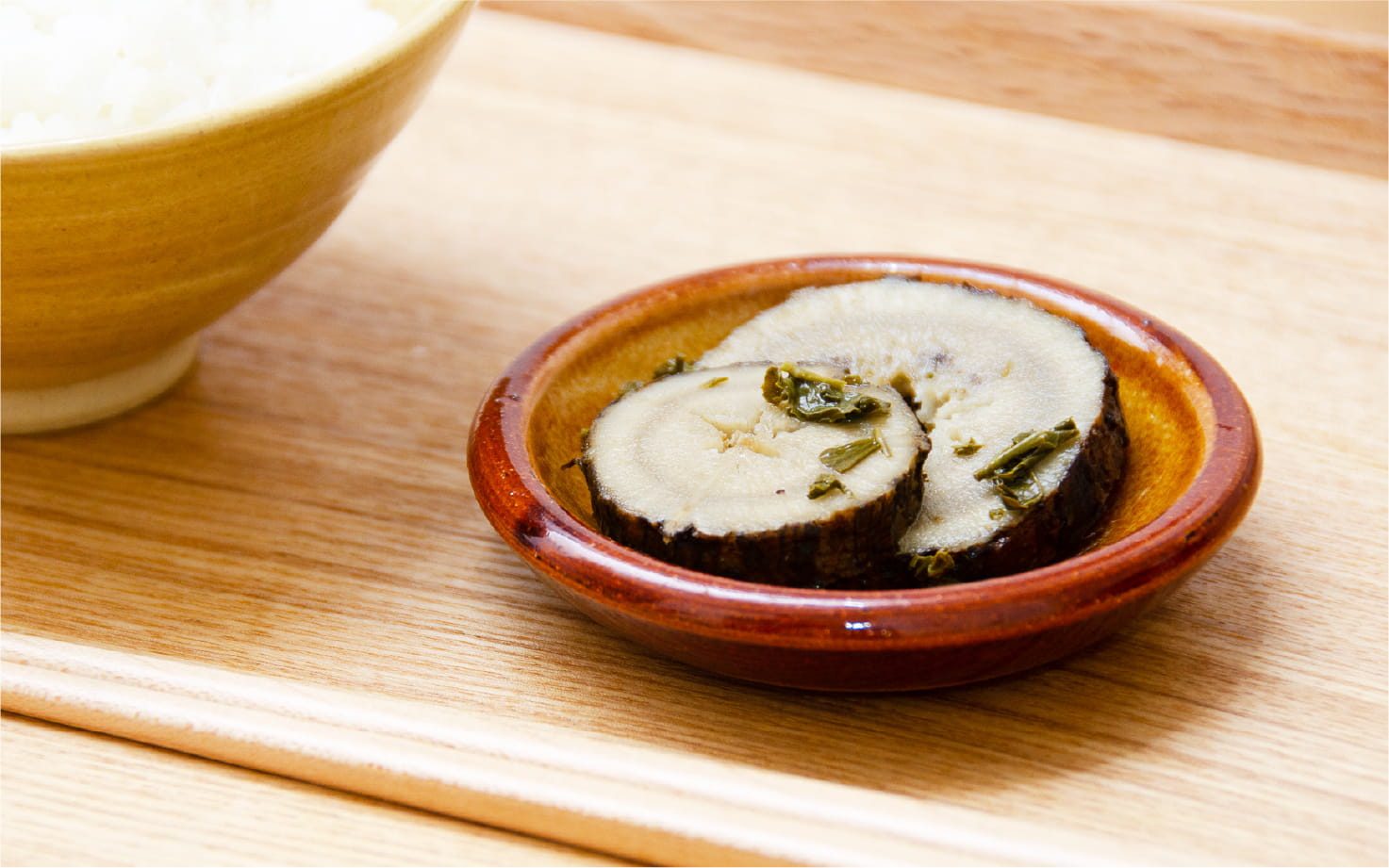

”Horikawa burdock”
Horikawa burdock, which can grow up to 5-6 cm in diameter, is one of the traditional vegetables of Kyoto, and
is characterized by the formation of a hollow called "su". It is also famous for its stuffed dishes, which are
cut into cylindrical slices and make use of the hollows. The meat is tender and fragrant, and the pickles are
well seasoned.
Please enjoy this traditional vegetable of Kyoto, which is said to have a long history of
400 years, with Uji tea leaves.
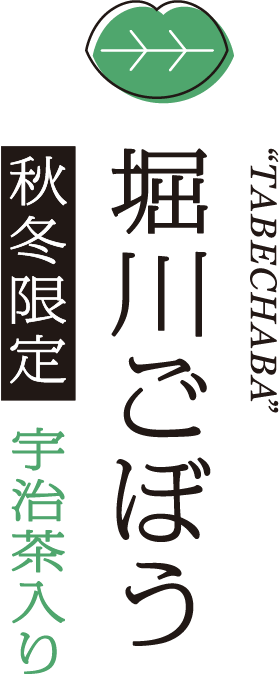
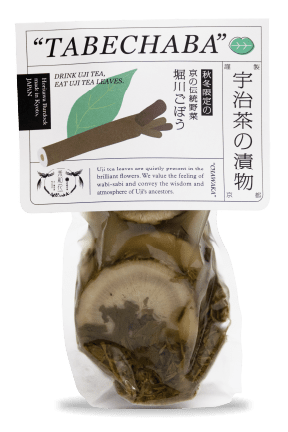


”Horikawa burdock”
Horikawa burdock, which can grow up to 5-6 cm in diameter, is one of the traditional vegetables of Kyoto, and
is characterized by the formation of a hollow called "su". It is also famous for its stuffed dishes, which are
cut into cylindrical slices and make use of the hollows. The meat is tender and fragrant, and the pickles are
well seasoned.
Please enjoy this traditional vegetable of Kyoto, which is said to have a long history of
400 years, with Uji tea leaves.
【Farmer】
Nishikawa Yasuzaemon
Nishikawa Yasuzaemon has been in the tea business for generations in Uji-Tawaracho, the birthplace of green tea in Japan. Originally, they produced gyokuro under cover, which is a characteristic of Uji tea, but in anticipation of the demand trend for green tea, they shifted to producing tencha, the raw material for powdered green tea, in the previous generation. Since then, all tea leaves harvested are shipped as tencha.
Message from farmer
We have been growing tea for generations, but we found the Horikawa burdock root when we were looking for a Kyoto vegetable that could be grown as a side crop to tea. It is a very interesting vegetable with an elegant and fragrant aroma that you would never guess from its appearance, and you can enjoy the difference in taste between the top and bottom parts. Please try it for yourself.


DRINK UJI TEA, EAT UJI TEA LEAVES.
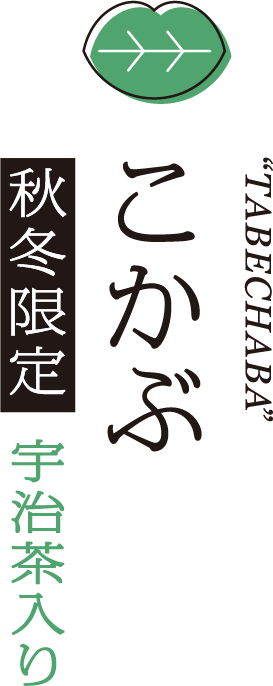
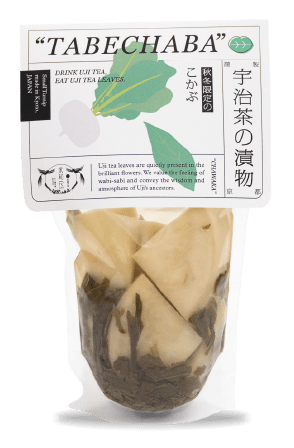
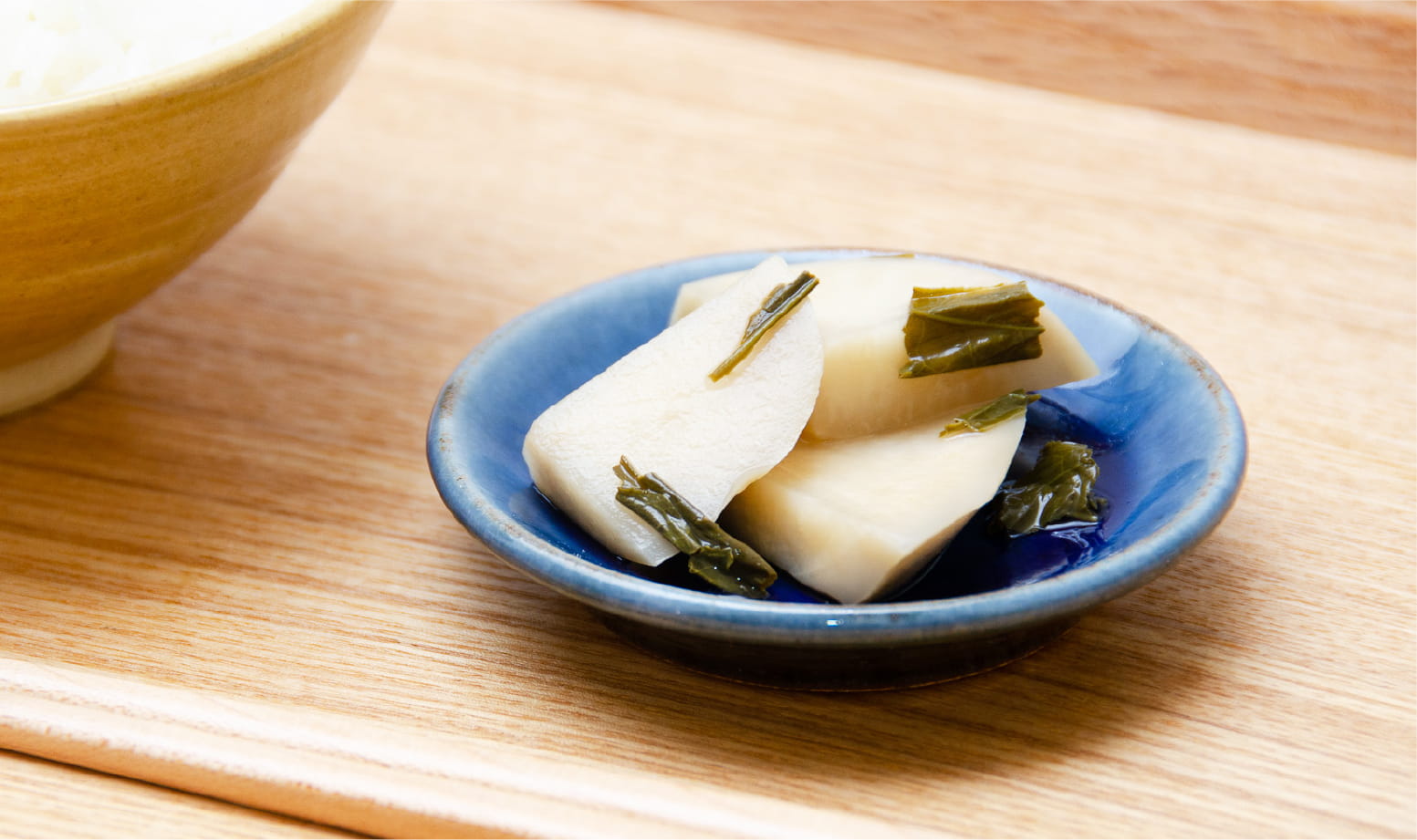

”Kokabu”
With its bright white skin contrasting vividly with the green of its lively leaves, kokabu is a Kyoto-style vegetable characterized by its sweet and tender flesh. After harvesting, they are carefully washed in water by hand, one by one. Please enjoy the new taste of pickles of kokabu, an essential ingredient in Kyoto cuisine, with Uji tea leaves.
【Farmer】
Kyoyasai Inouchi
We produce high quality Kyoto vegetables such as Manganji peppers, hana-nai, and kokabu, using enzymes and other ingredients. We also offer hands-on harvesting and farming experiences, and strive every day to create a farm where people can see our faces and our work, and where they can develop an interest in food and agriculture.
Message from farmer
I became a full-time farmer with my wife after my father's illness. I want to do my best every day to make farming useful to the people in the community who helped me at that time. Please enjoy our carefully grown vegetables.


DRINK UJI TEA, EAT UJI TEA LEAVES.

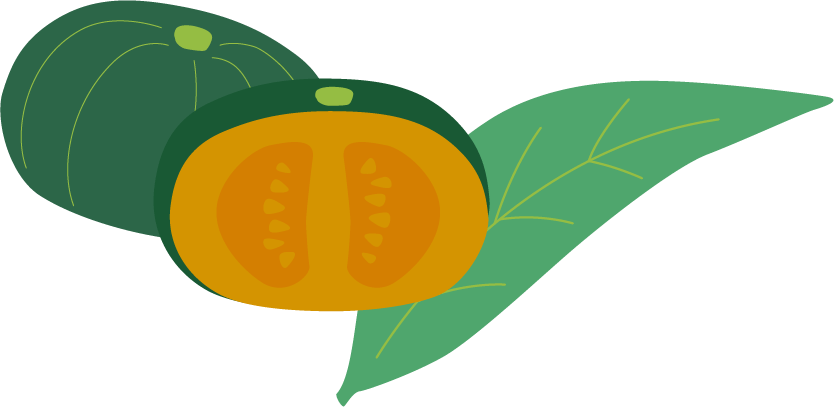
”Kabocha”
Kawai Farm is a farmer in Uji City, Kyoto. The kabocha is grown in the open fields without the use of pesticides during the growing season, and its natural flavor is enhanced when it is in season, resulting in what is called "hokuhokucha" kabocha (pumpkin with a "hokuhoku" taste). Such pumpkin is made into pickles with Uji tea leaves to lock in the flavor.
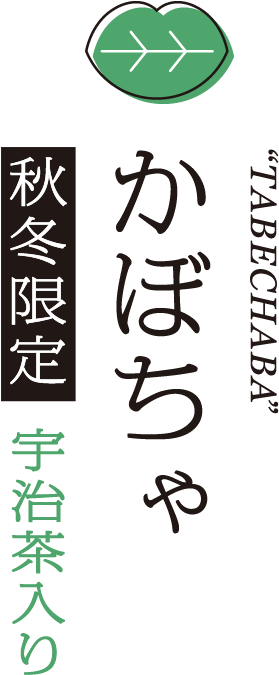
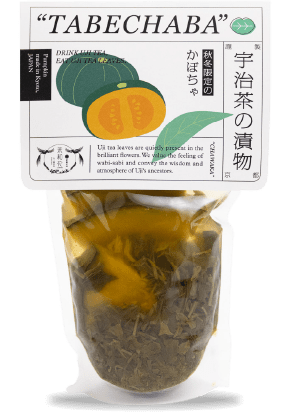


”Kabocha”
Kawai Farm is a farmer in Uji City, Kyoto. The kabocha is grown in the open fields without the use of pesticides during the growing season, and its natural flavor is enhanced when it is in season, resulting in what is called "hokuhokucha" kabocha (pumpkin with a "hokuhoku" taste). Such pumpkin is made into pickles with Uji tea leaves to lock in the flavor.
【Farmer】
Kawai Farm
Kawai Farm is a farm in Uji, Kyoto, where we grow a variety of vegetables without using any pesticides in order to deliver fresh and safe vegetables to as many people as possible.
Message from farmer
The vegetables we cultivated with great care have now been transformed into even more delicious pickles. We are very happy to have them processed in this way, as there are many vegetables that are out of standard. We would be happy if we could help reduce food loss by making them tasty for everyone.


GIFT SET
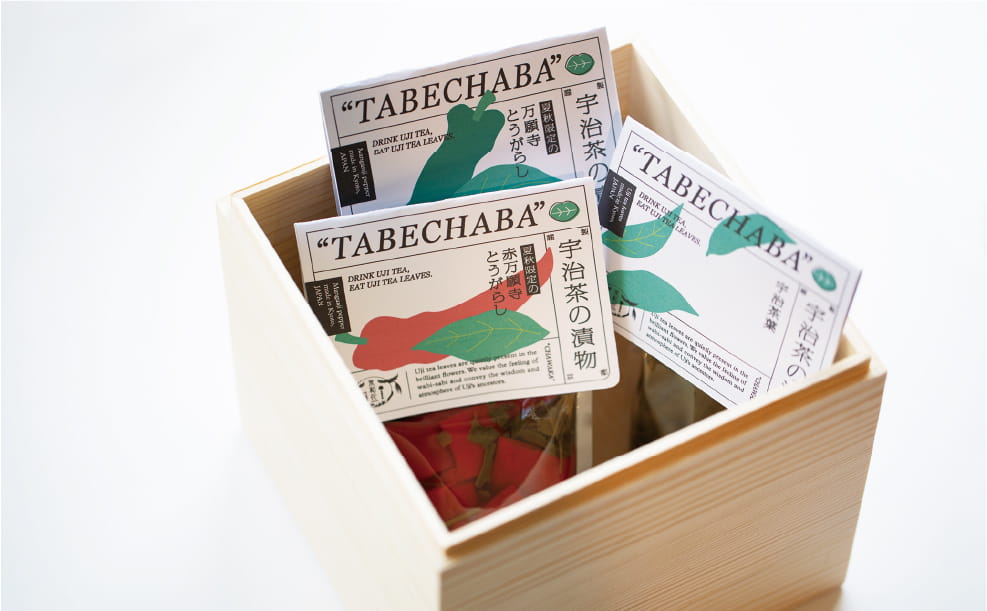
A gift set of your favorite pickles in a wooden box is also popular.
Gift sets are also
popular.
(We only ship within Japan).

LINE UP
Vegetables that can only be harvested for a certain period of time can be enjoyed for a long time by making
pickles.
Tea and pickles are limited time offerings, each of which is harvested at a different time of the
year.
Please enjoy the seasonal ingredients of the season.


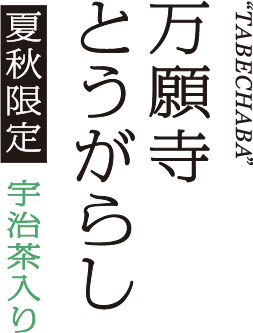
\1,000
(including tax \1,080)
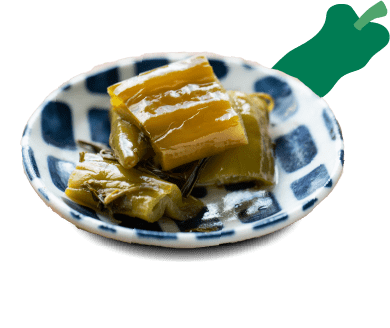
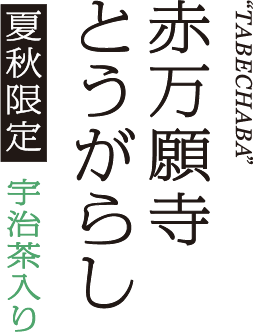
\1,200
(including tax \1,296)
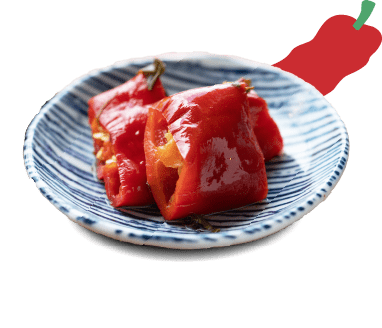

\850
(including tax \918)
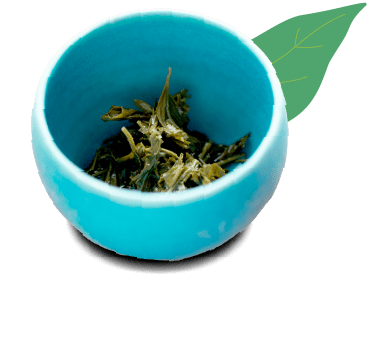
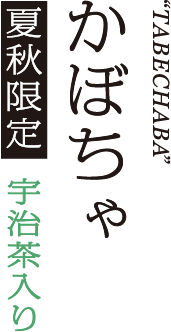
\900
(including tax \972)
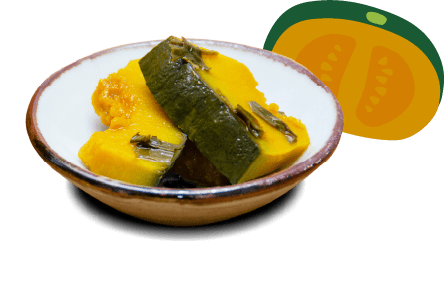
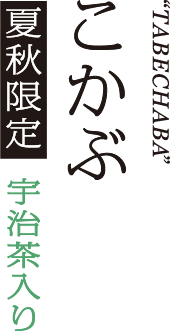
\900
(including tax \972)
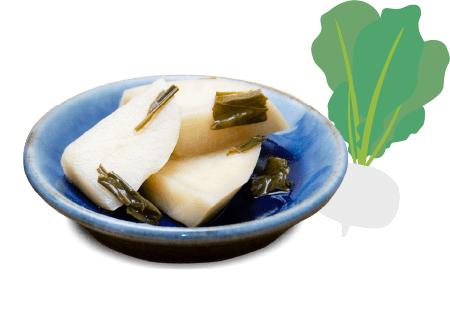
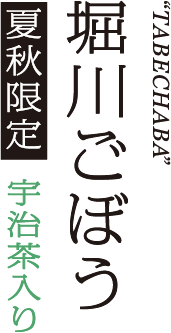
\1,000
(including tax \1,080)
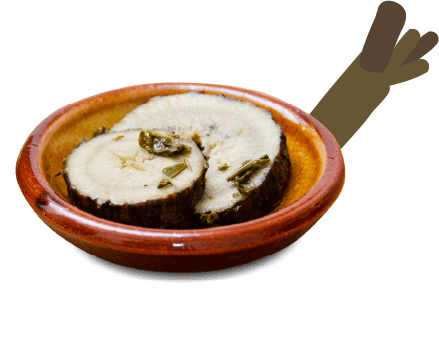

VISIT A FARM
Enthusiastic vegetables and full of feeling!
We're also
offering tours to farmers!
Our Commitment to the SDGs
SDGs is an abbreviation for Sustainable Development
Goals.
Adopted at the UN Summit in September 2015, they are goals set by the 193 member countries of the
UN to be achieved over the 15 years from 2016 to
2030.
The SDGs consist of 17 goals and 169 targets (achievement criteria) for each of the three aspects
of economy, society, and environment.
(See Ministry of Agriculture, Forestry and Fisheries website)
Uji tea and vegetables grown as food.
The vegetables used for Uji tea pickles are mainly high-grade vegetables and traditional Kyoto vegetables
carefully grown by farmers in the Uji area, and we are given vegetables that are out of
standard.
We use vegetables that are not standardized and are not wholesaled in the market because of
their slight shape or appearance, but the taste remains the
same.
By making pickles without regard to shape, everyone is
happy.
Also, by making pickles, vegetables that can only be harvested for a certain period of time can be
enjoyed for a long time.
Chawahana is committed to SDG 12, "Responsibility to Produce, Responsibility to
Use.
Chawahana supports the Sustainable Development Goals (SDGs).



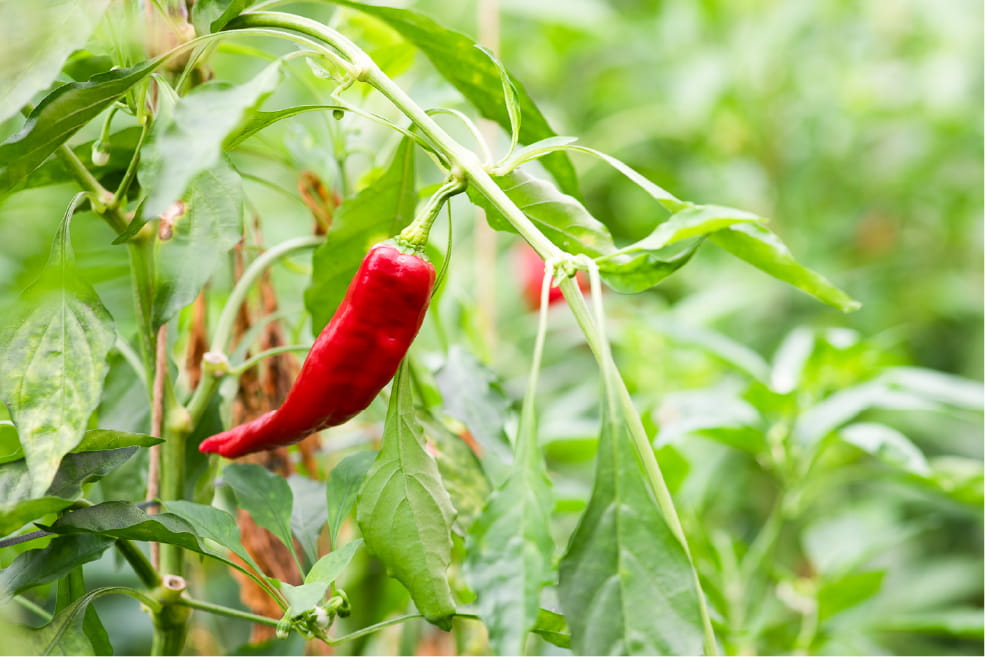
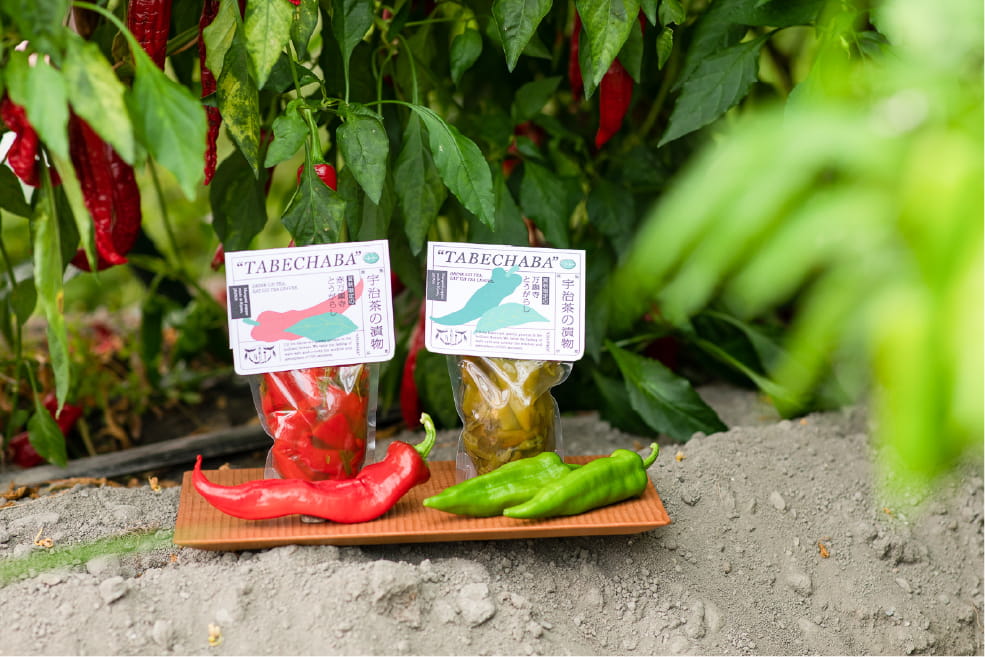
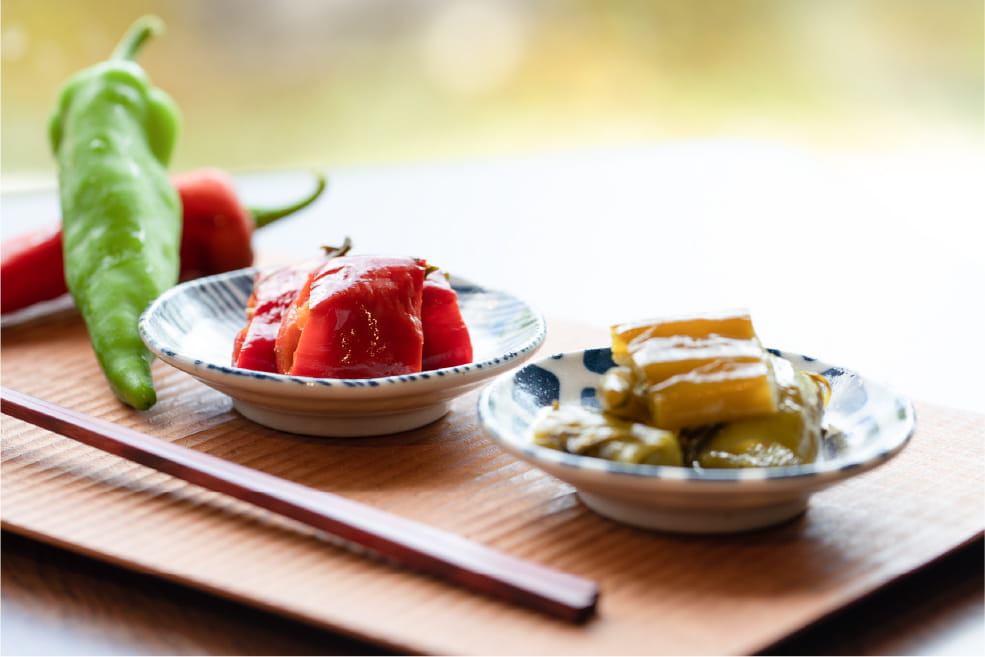
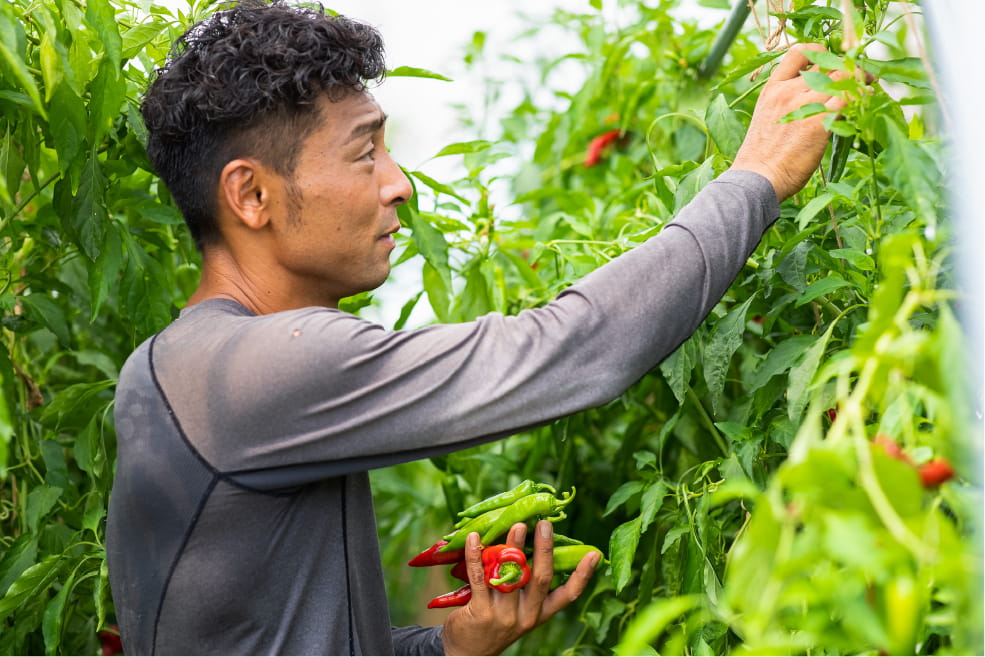
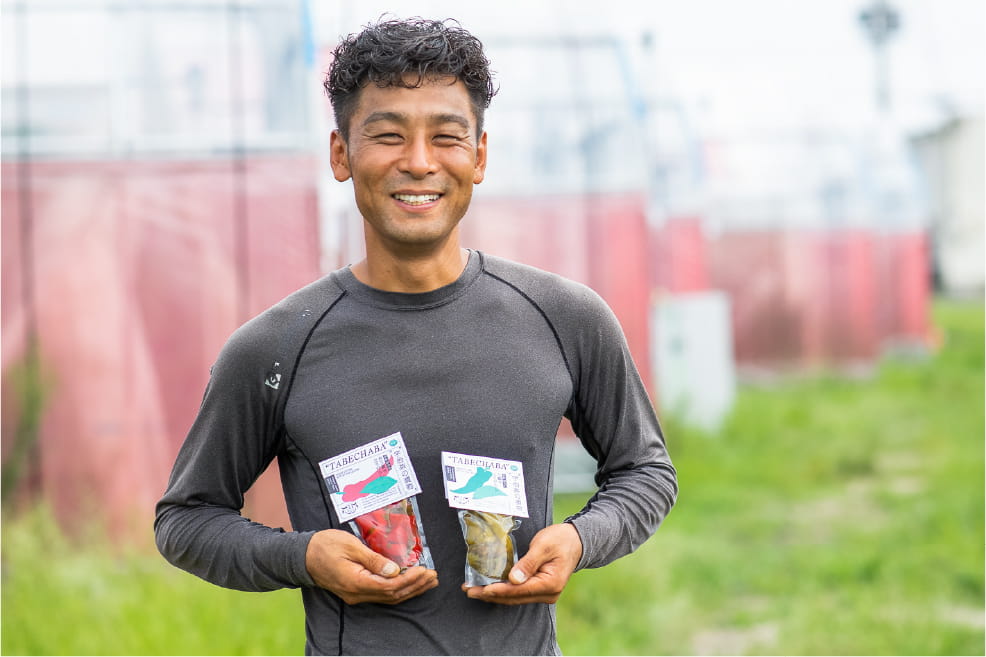
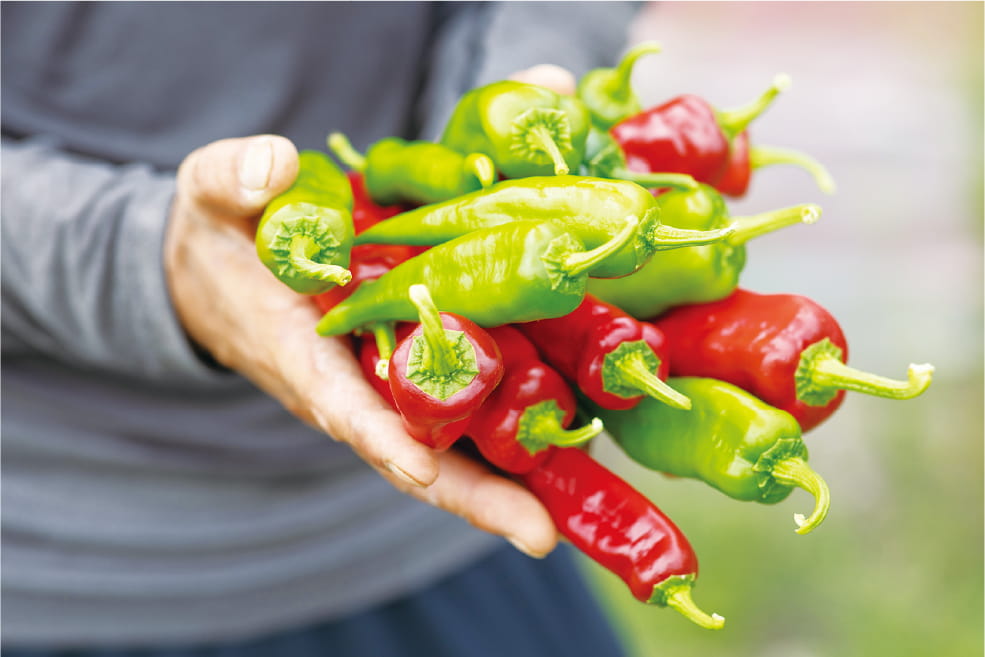
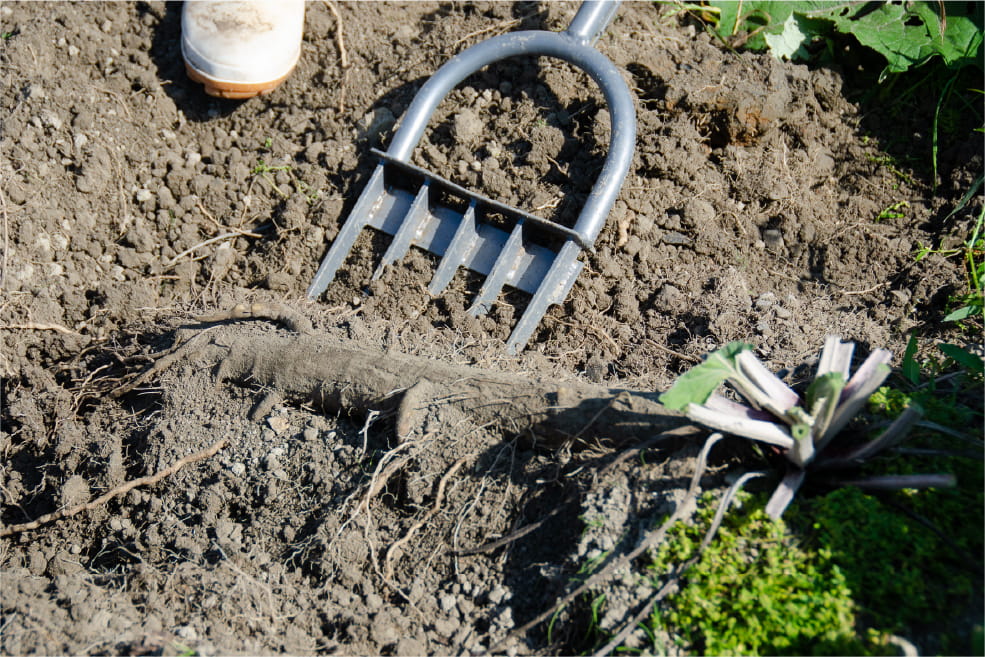
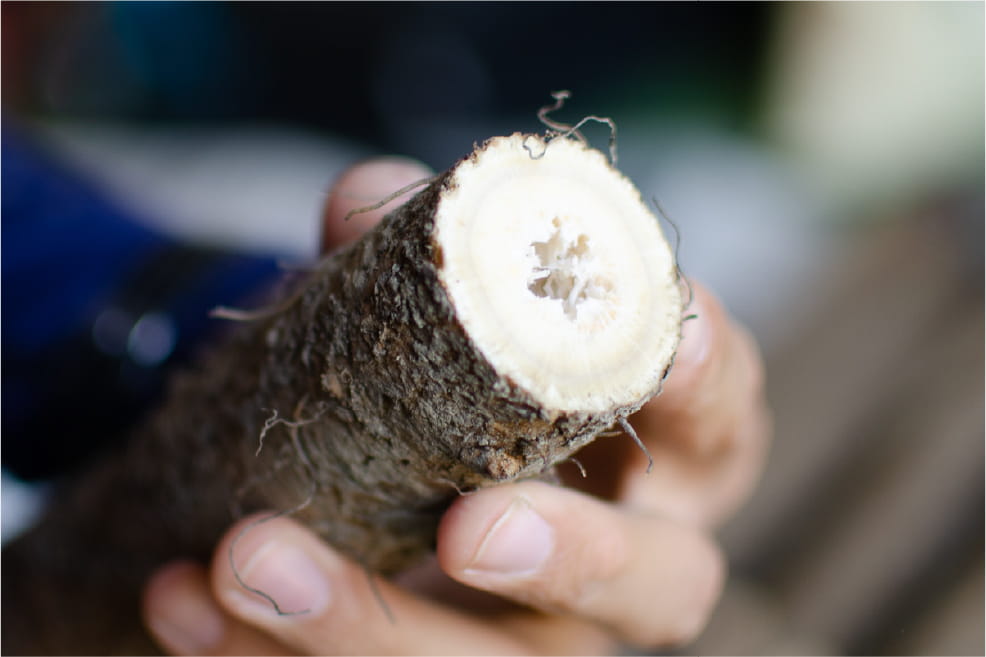
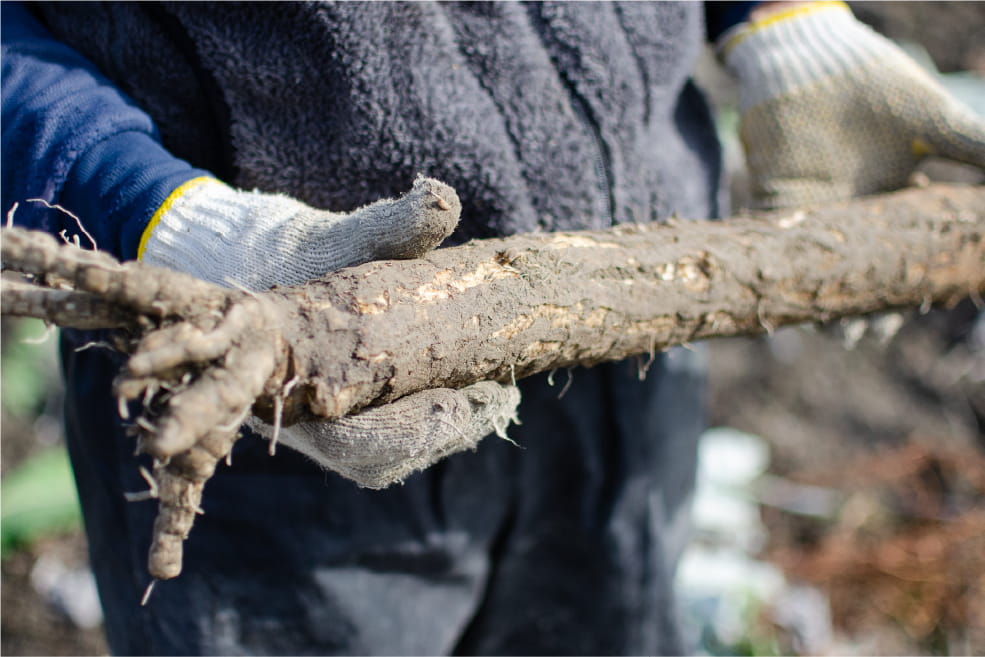
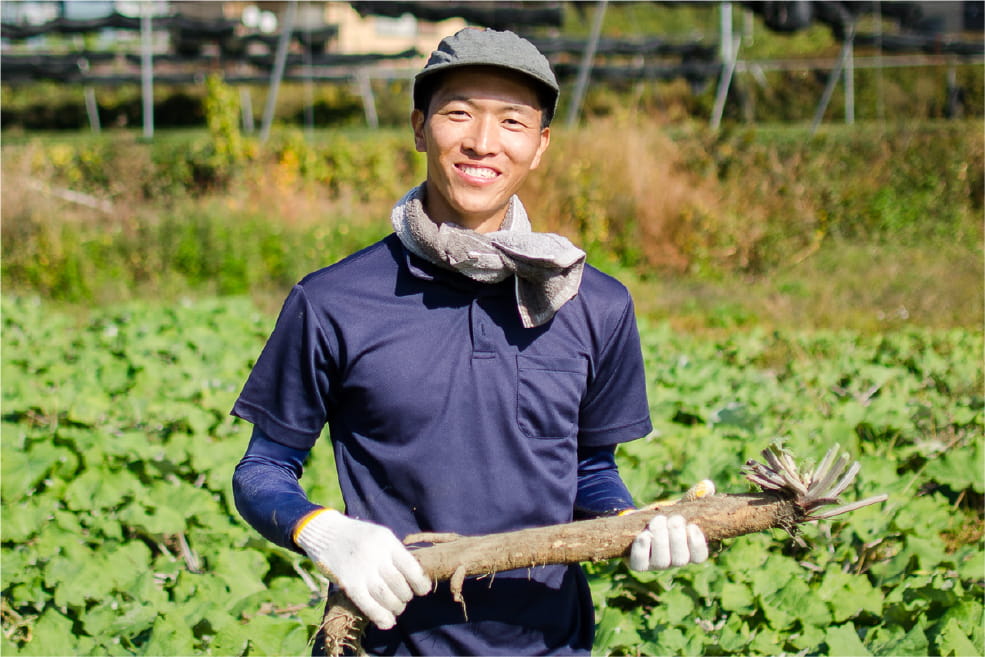
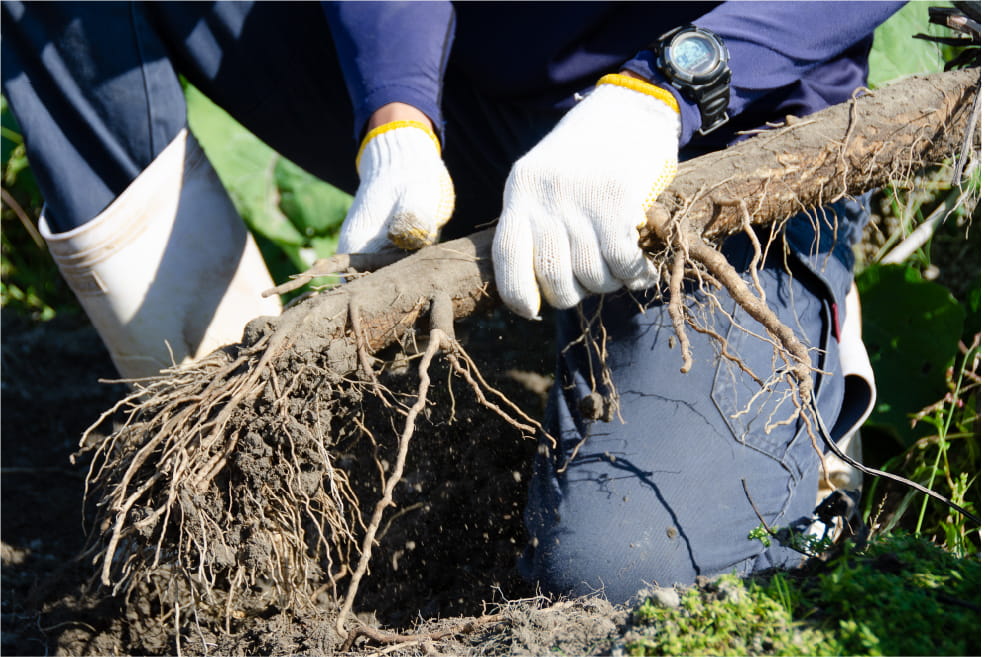
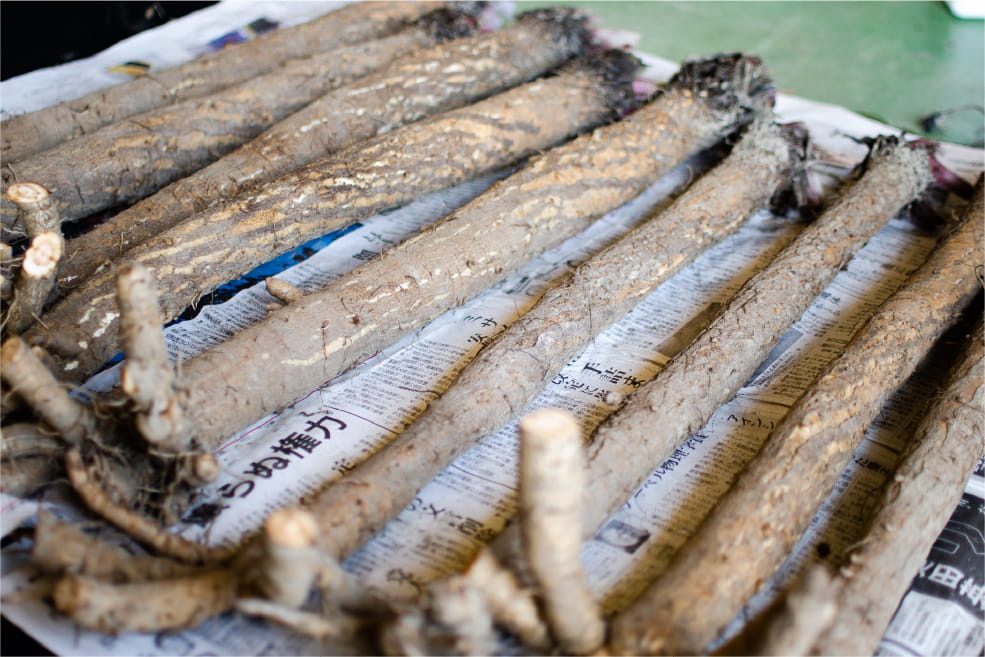
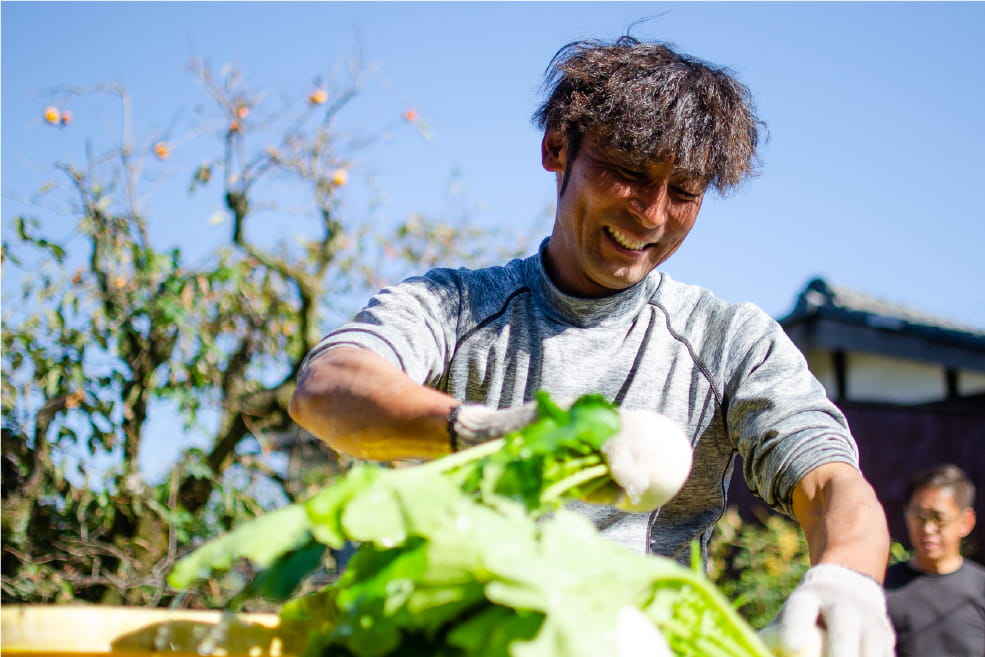
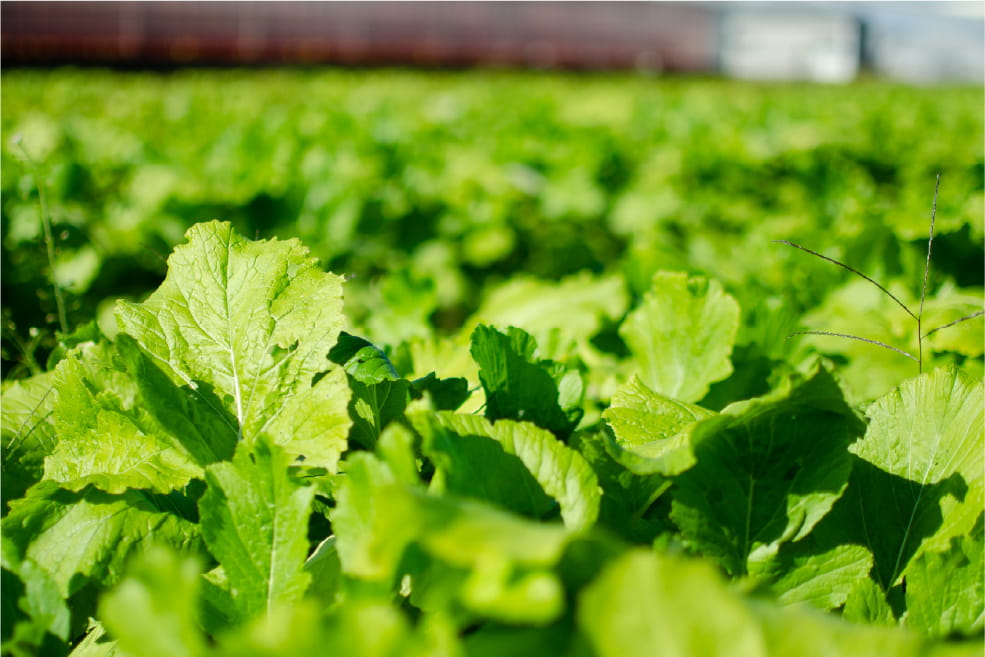
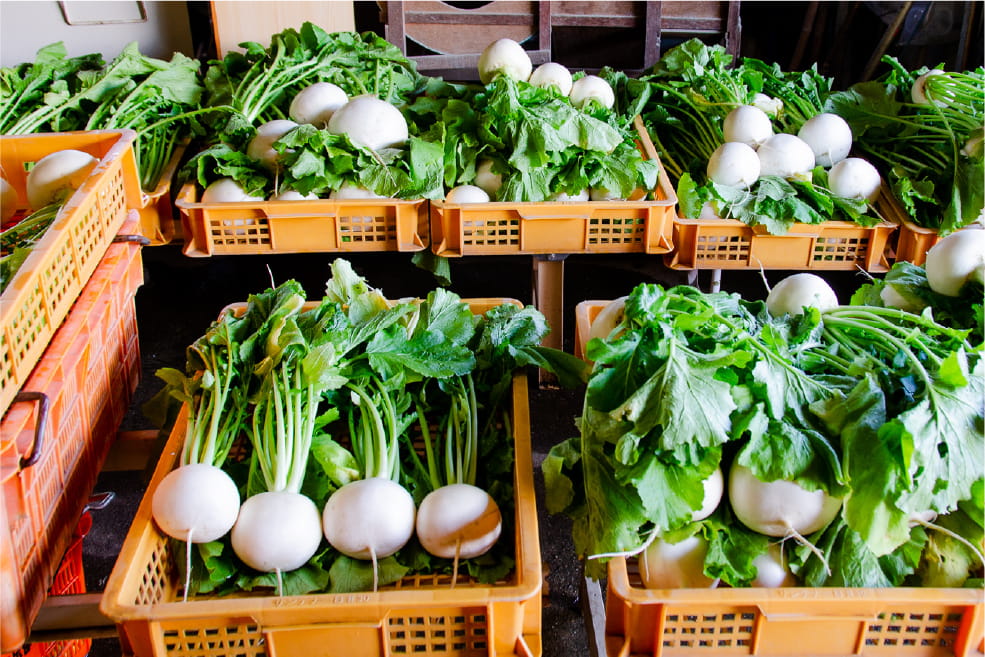
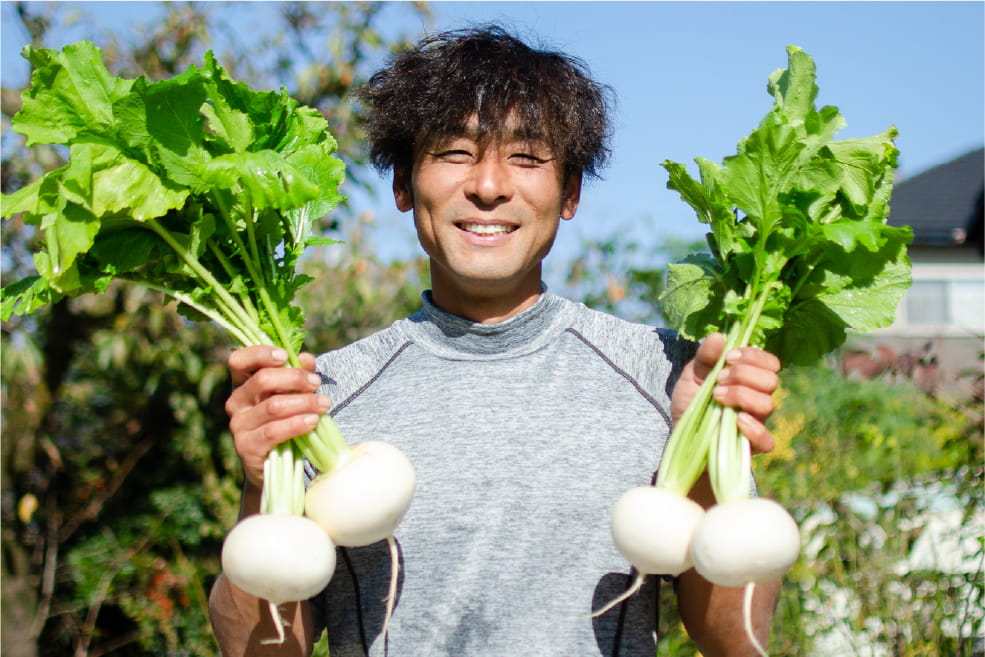
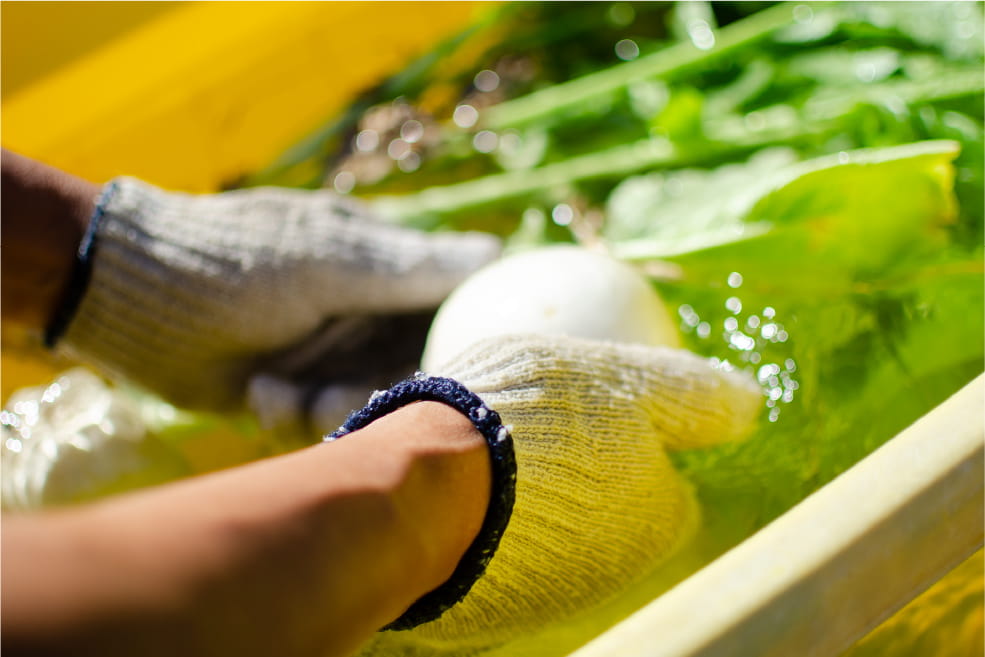
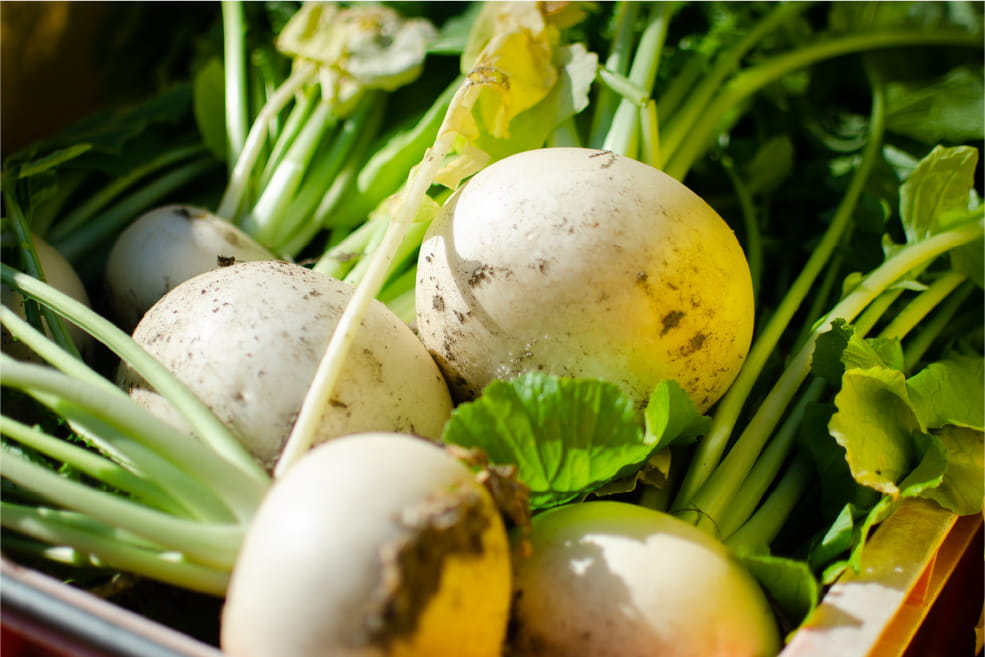
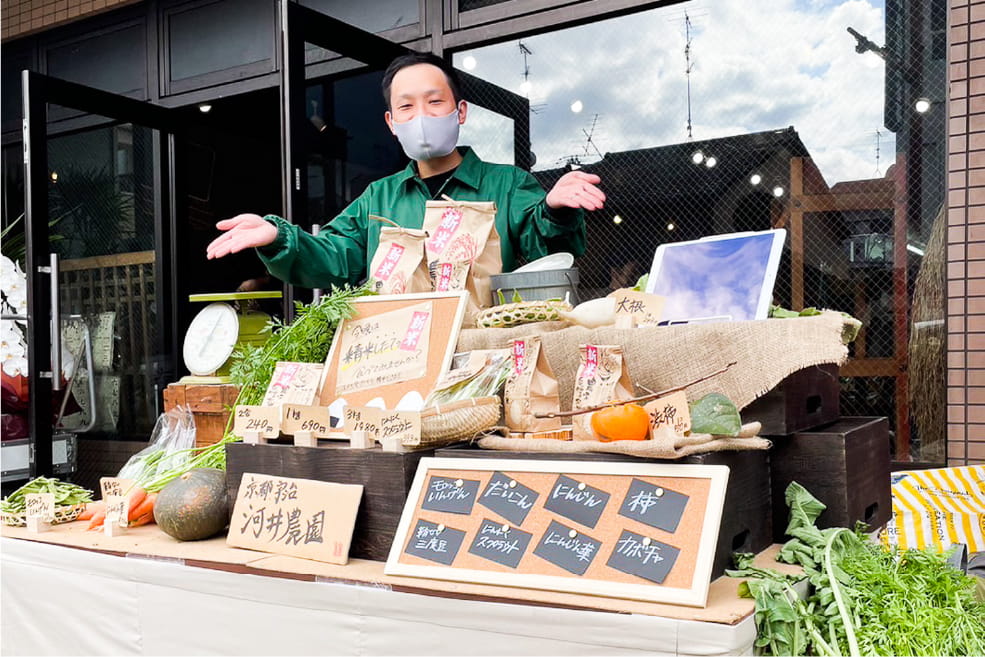
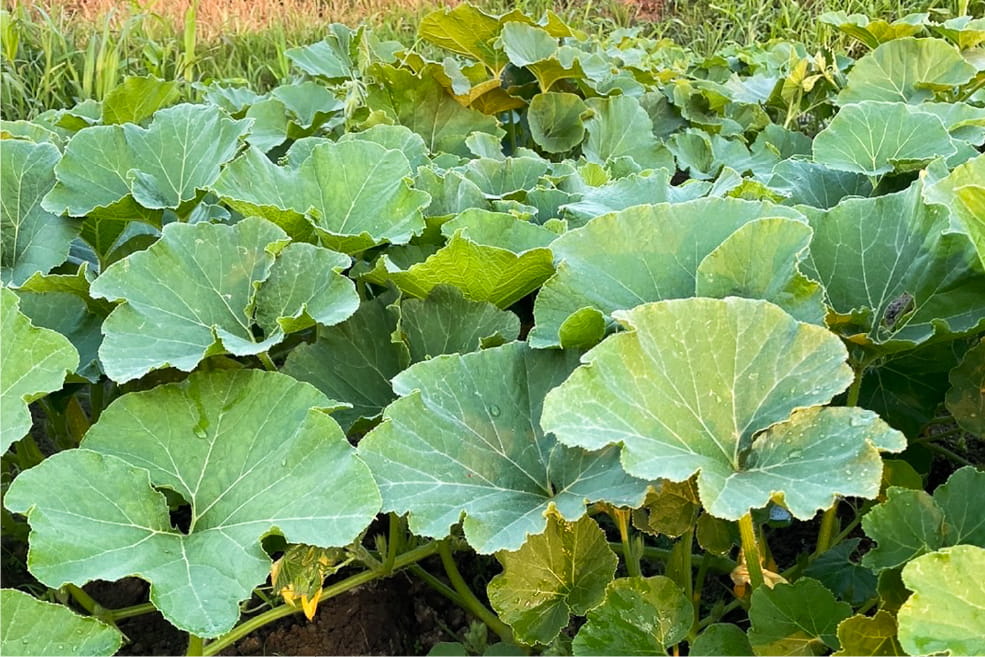
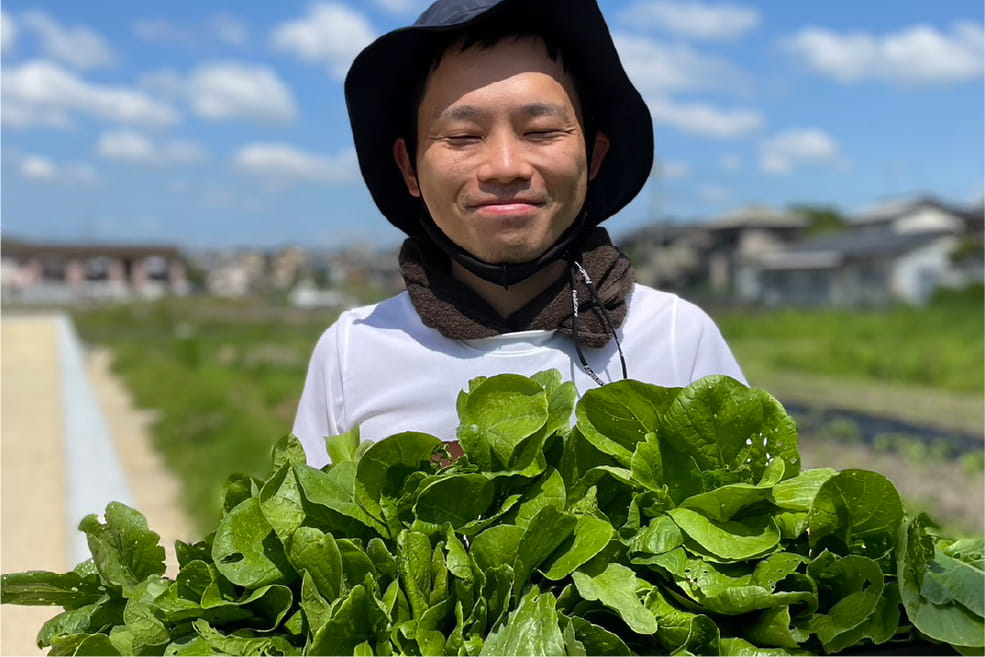
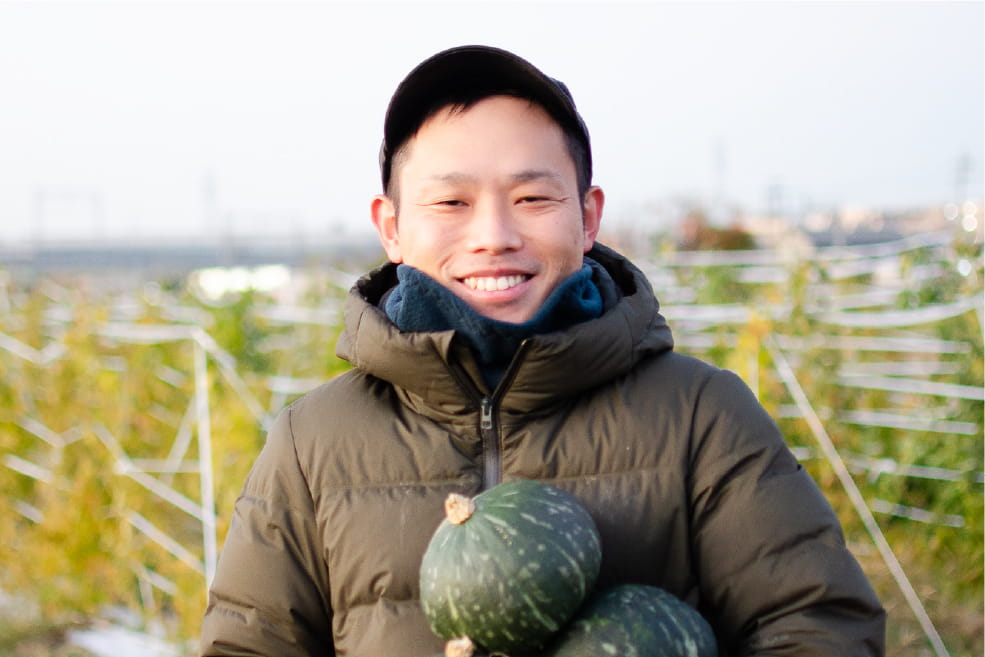
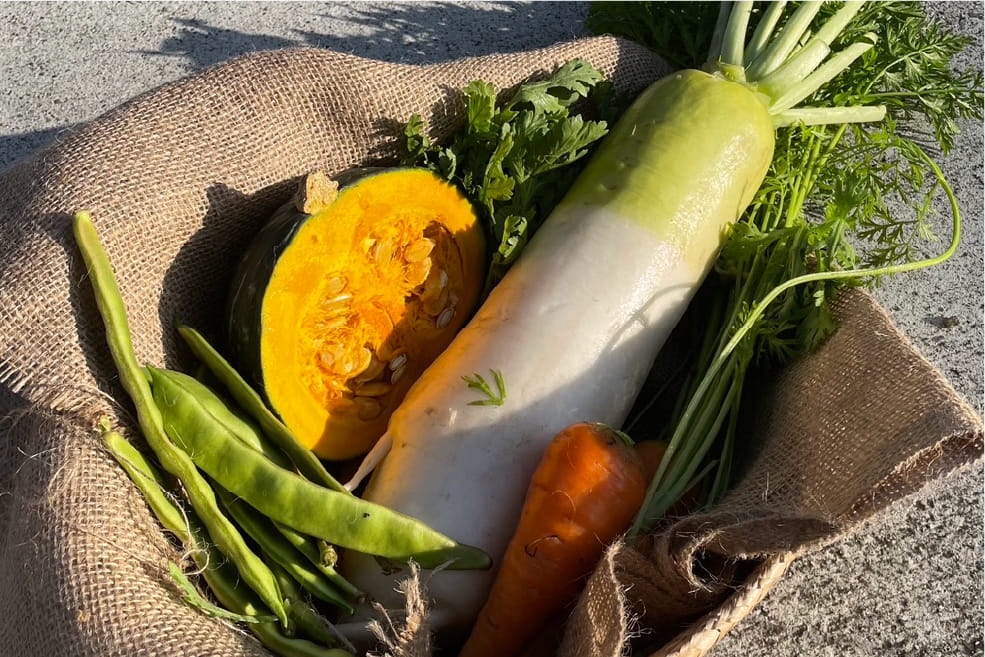
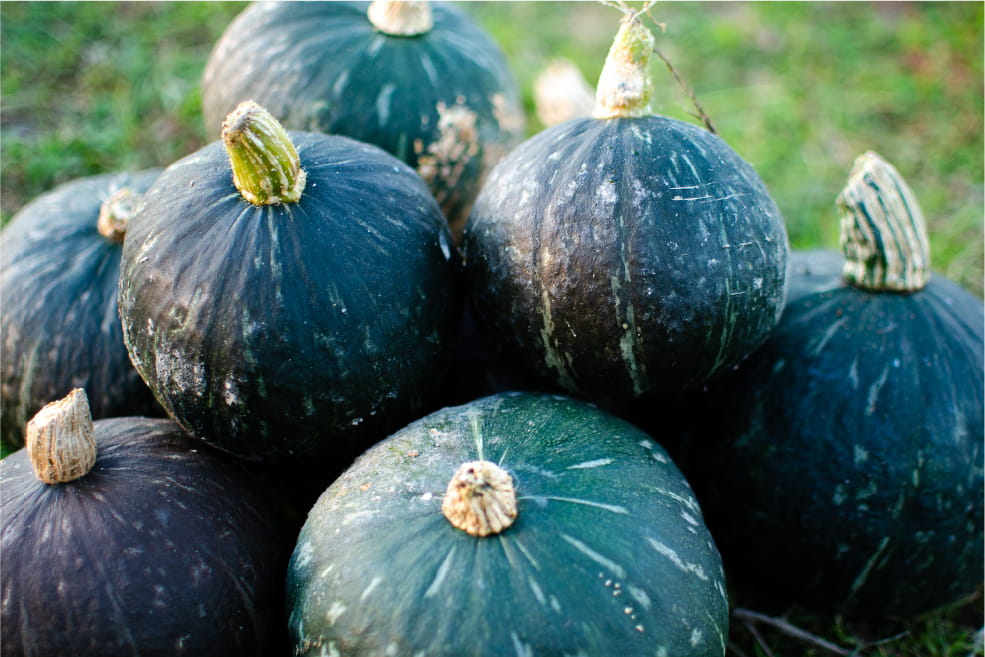
![.
京野菜と宇治茶を使用した漬物TABECHABAのご紹介です☺️
『TABECHABA』
地域の生産者さんとつながり、
TABECHABAで規格外野菜の循環を生み出します。
宇治茶のみを使用した茶葉のお漬物のほかに、
宇治周辺の農家さんが大切に育てられている京の伝統野菜を中心とした、
高級野菜を掛け合わせたお漬物も生まれました。
使用するお野菜は、厳しい品質基準のもとで惜しくも市場に卸せなかった規格外野菜。
しかし、ほんの少しの形や見た目が違うだけで、味は全く変わりません。
お漬物に使用することで、より多くの野菜が食卓まで届けられるようになりました。
宇治茶×京野菜×お漬物
1つ1つの思いをのせて丁寧に…
TABECHABA宇治茶のお漬物プロジェクト始動です!!
・堀川ごぼう
直径が5,6cmにもなる堀川ごぼうは京の伝統野菜の一つで、「す」という空洞が出来るのが特徴です。筒切りで空洞を活かした詰め物料理なども有名です。肉質が柔らかで香り高く、味がよく染み込んだお漬物ができました。
400年の長い歴史をもつと言われている京の伝統野菜を宇治の茶葉と一緒にお楽しみください。
・こかぶ
真っ白な肌と生き生きとした葉の緑のコントラストが鮮やかなこかぶは、甘みのある柔らかな果肉が特徴の京野菜です。 収穫後は丁寧に水洗いを手作業で1つずつ行っています。 京料理にかかせないこかぶのお漬物を、宇治の茶葉と一緒にお楽しみいただける、新しい味わいをご賞味ください。
・カボチャ
京都、宇治市で農家を営む河井ファーム。栽培期間中は農薬不使用で、露地栽培によって大切に育てられたかぼちゃは、自然そのままの味わいで、旬になるとさらにその深みが増し、いわゆる「ホクホク」としたかぼちゃに仕上がります。そんなかぼちゃをお漬物で、宇治の茶葉と一緒にぎゅっと味を閉じ込めました。
。.:*・゚+.。.:*・゚+.。.:*・゚+.。.:*・゚
茶和花は京都宇治に工房を構え
様々なお花や植物を発信しています。
店名を冠している代表プロダクト「茶和花」は、
市場に出なかった宇治茶の茶葉を植物素材として
お花と共にアレンジしたアートで
販売はもちろん、体験も行っております。
宇治茶の香りに包まれながら
お客様ご自身の手で世界にひとつだけの「茶和花」を
お作りいただけますよ❁
[茶和花 店舗営業時間]
毎週木・土・日 11:00~16:00
※催事等で臨時休業させて頂く場合もございます
●体験ご希望の方のご予約はこちら
〈電話〉
0774-26-2467
〈メール〉
chawaka@chawaka.jp
.。.:*・゚+.。.:*・゚+.。.:*・゚+.。.:*・゚
#茶和花 #chawaka #京都 #宇治茶 #お茶のある暮らし #オススメギフト #ギフトにおすすめ #丁寧な生活 #花好きな人と繋がりたい #プリザーブドフラワー #お茶好き #お茶好きな人と繋がりたい #お花のある暮らし #kyototravel #kyototrip #japanesetea #flower #kyotocraft
#京野菜](https://scontent-itm1-1.cdninstagram.com/v/t51.29350-15/348679116_668024438489603_1203766398567226799_n.jpg?_nc_cat=111&ccb=1-7&_nc_sid=8ae9d6&_nc_ohc=LE6aRy_hOfIAX_nRer0&_nc_ht=scontent-itm1-1.cdninstagram.com&edm=ANo9K5cEAAAA&oh=00_AfCFrxQYg50r0iHeKGI0WH_LBwGpXFP2Y0kYaJ9vkwZvvw&oe=6473EC09)

![.
HANACHOCOは見た目が可愛く、
ギフトにもオススメです🍫
風味豊かなチョコレートと、
はなやかな食べられるお花が出逢った
ちょっと贅沢なスイーツ。
いつもより少し手間をかけて、
お皿に盛り付けたくなるようなチョコレート。
抹茶・苺・みるくの3種のバリエーションで
見た目も味わいも楽しめる
茶和花の「花菓子」です。
バレンタインのギフトにも是非🍫
。.:*・゚+.。.:*・゚+.。.:*・゚+.。.:*・゚
茶和花は京都宇治に工房を構え
様々なお花や植物を発信しています。
店名を冠している代表プロダクト「茶和花」は、
市場に出なかった宇治茶の茶葉を植物素材として
お花と共にアレンジしたアートで
販売はもちろん、体験も行っております。
宇治茶の香りに包まれながら
お客様ご自身の手で世界にひとつだけの「茶和花」を
お作りいただけますよ❁
[茶和花 店舗営業時間]
毎週木・土・日 11:00~16:00
※催事等で臨時休業させて頂く場合もございます
●体験ご希望の方のご予約はこちら
〈電話〉
0774-26-2467
〈メール〉
chawaka@chawaka.jp
.。.:*・゚+.。.:*・゚+.。.:*・゚+.。.:*・゚
#茶和花 #chawaka #京都 #宇治茶 #お茶のある暮らし #オススメギフト #ギフトにおすすめ #丁寧な生活 #花好きな人と繋がりたい #ブリザードフラワー #お茶好き #お茶好きな人と繋がりたい #お花のある暮らし #バレンタイン #ホワイトデーお返し #ギフトセット #kyoto #kyototravel #japon #japanesetea](https://scontent-itm1-1.cdninstagram.com/v/t51.29350-15/347429388_246211274728481_574838607305253179_n.jpg?_nc_cat=109&ccb=1-7&_nc_sid=8ae9d6&_nc_ohc=cpmMrkHCYrQAX8QEHzh&_nc_ht=scontent-itm1-1.cdninstagram.com&edm=ANo9K5cEAAAA&oh=00_AfAneX0rO5wLVicxiOiP3Nb4ThHRf6lbD-v8ZLsQEdNntw&oe=6472890D)
![本日夕方NHK「えぇトコ」で茶和花 京都宇治を紹介していただきます。
高岡早紀さん、相席スタート山添寛さんが茶和花に来てくださり
オリジナル茶和花を作ってくださいました🌸
▶︎放送日
5月18日(木)19:30〜19:57(関西)
6月2日 (金)14:05〜14:31(全国)
———
→ @chawaka_official
。.:*・゚+.。.:*・゚+.。.:*・゚+.。.:*・゚
茶和花は京都宇治に工房を構え
様々なお花や植物を発信しています。
店名を冠している代表プロダクト「茶和花」は、
市場に出なかった宇治茶の茶葉を植物素材として
お花と共にアレンジしたアートで
販売はもちろん、体験も行っております。
宇治茶の香りに包まれながら
お客様ご自身の手で世界にひとつだけの「茶和花」を
お作りいただけますよ❁
[茶和花 店舗営業時間]
毎週木・土・日 11:00~16:00
※催事等で臨時休業させて頂く場合もございます
●体験ご希望の方のご予約はこちら
〈電話〉
0774-26-2467
〈メール〉
chawaka@chawaka.jp
.。.:*・゚+.。.:*・゚+.。.:*・゚+.。.:*・゚
#茶和花 #chawaka #京都 #宇治茶 #お茶のある暮らし #オススメギフト #ギフトにおすすめ #丁寧な生活 #花好きな人と繋がりたい #プリザーブドフラワー #お茶好き #お茶好きな人と繋がりたい #お花のある暮らし #kyototravel #kyototrip #japanesetea #flower #宇治川 #キャンペーン実施中 #キャンペーン企画 #キャンペーン開催中](https://scontent-itm1-1.cdninstagram.com/v/t51.29350-15/347527377_626983379471710_6599922151262241370_n.jpg?_nc_cat=110&ccb=1-7&_nc_sid=8ae9d6&_nc_ohc=5SOzzg9B5vYAX-a3Klt&_nc_ht=scontent-itm1-1.cdninstagram.com&edm=ANo9K5cEAAAA&oh=00_AfCK2pOfXta-5MHkuAEVkVmphfxVrXGiHtbTtr0dHntbqw&oe=6472597A)
![この扉をはじめて開けるとき、、、
ちょっと勇気がいる...
と、よく言われます。
それでもこの扉をあけて🚪
来てくださるみなさまに感謝しています^^
そんな方が、少し気持ちがフワッとなる空間であれるように、努力たいです...
———
→ @chawaka_official
。.:*・゚+.。.:*・゚+.。.:*・゚+.。.:*・゚
茶和花は京都宇治に工房を構え
様々なお花や植物を発信しています。
店名を冠している代表プロダクト「茶和花」は、
市場に出なかった宇治茶の茶葉を植物素材として
お花と共にアレンジしたアートで
販売はもちろん、体験も行っております。
宇治茶の香りに包まれながら
お客様ご自身の手で世界にひとつだけの「茶和花」を
お作りいただけますよ❁
[茶和花 店舗営業時間]
毎週木・土・日 11:00~16:00
※催事等で臨時休業させて頂く場合もございます
●体験ご希望の方のご予約はこちら
〈電話〉
0774-26-2467
〈メール〉
chawaka@chawaka.jp
.。.:*・゚+.。.:*・゚+.。.:*・゚+.。.:*・゚
#茶和花 #chawaka #京都 #宇治茶 #お茶のある暮らし #オススメギフト #ギフトにおすすめ #丁寧な生活 #花好きな人と繋がりたい #プリザーブドフラワー #お茶好き #お茶好きな人と繋がりたい #お花のある暮らし #kyototravel #kyototrip #japanesetea #flower #宇治川 #キャンペーン実施中 #キャンペーン企画 #キャンペーン開催中](https://scontent-itm1-1.cdninstagram.com/v/t51.29350-15/346888250_913620366597432_2046202358094934575_n.jpg?_nc_cat=107&ccb=1-7&_nc_sid=8ae9d6&_nc_ohc=QDN4Hfhf-AgAX8sbiGZ&_nc_oc=AQnN6rGaw18iQjbPRdvj-2MS7-o5UAtcXaSMsCp4JP0OHx__xcIzPMBLNjTAJnIvIZs&_nc_ht=scontent-itm1-1.cdninstagram.com&edm=ANo9K5cEAAAA&oh=00_AfBRfHnh6hISMQjNUxd-P04Q36SDLTlJMK23_8phpD4WpA&oe=6473D28B)
 宇治川は気候
宇治川は気候![.
茶和花と宇治川💐
宇治川は気候や季節によって表情を大きく変えます。
まるで機嫌が良い日と悪い日があるかのように😂
ゴーゴーと荒れる日もあれば、
ゆらゆらと穏やかに包み込むような日も。
感情が豊かな宇治川。
→ @chawaka_official
。.:*・゚+.。.:*・゚+.。.:*・゚+.。.:*・゚
茶和花は京都宇治に工房を構え
様々なお花や植物を発信しています。
店名を冠している代表プロダクト「茶和花」は、
市場に出なかった宇治茶の茶葉を植物素材として
お花と共にアレンジしたアートで
販売はもちろん、体験も行っております。
宇治茶の香りに包まれながら
お客様ご自身の手で世界にひとつだけの「茶和花」を
お作りいただけますよ❁
[茶和花 店舗営業時間]
毎週木・土・日 11:00~16:00
※催事等で臨時休業させて頂く場合もございます
●体験ご希望の方のご予約はこちら
〈電話〉
0774-26-2467
〈メール〉
chawaka@chawaka.jp
.。.:*・゚+.。.:*・゚+.。.:*・゚+.。.:*・゚
#茶和花 #chawaka #京都 #宇治茶 #お茶のある暮らし #オススメギフト #ギフトにおすすめ #丁寧な生活 #花好きな人と繋がりたい #プリザーブドフラワー #お茶好き #お茶好きな人と繋がりたい #お花のある暮らし #kyototravel #kyototrip #japanesetea #flower #宇治川 #キャンペーン実施中 #キャンペーン企画 #キャンペーン開催中](https://scontent-itm1-1.cdninstagram.com/v/t51.29350-15/345865652_766420571615394_7787632682313830288_n.jpg?_nc_cat=109&ccb=1-7&_nc_sid=8ae9d6&_nc_ohc=kABi4-Cx4rAAX85Dy_C&_nc_ht=scontent-itm1-1.cdninstagram.com&edm=ANo9K5cEAAAA&oh=00_AfB07FTVY-P0iuitapA8YgC-8RkMw3WmgIbmh4yAMphgIA&oe=64737037)
![.
オリジナル茶香炉をご紹介します!
茶香炉とは、
お茶の葉に熱を加えその香りを楽しむための香炉のこと。
優しい香りや消臭効果を持つお茶の葉をじっくりと過熱して煎ることで、
リラックス空間を作り出す
「自然な香りの和のアロマポット」のようなのもです。
緑茶を焙じた香りはとても心地よく、
リラックスアイテムをしてもお楽しみ頂けます。
ご自宅用、ギフトにオススメのプロダクトです。
是非使ってみてください🍵
。.:*・゚+.。.:*・゚+.。.:*・゚+.。.:*・゚
茶和花は京都宇治に工房を構え
様々なお花や植物を発信しています。
店名を冠している代表プロダクト「茶和花」は、
市場に出なかった宇治茶の茶葉を植物素材として
お花と共にアレンジしたアートで
販売はもちろん、体験も行っております。
宇治茶の香りに包まれながら
お客様ご自身の手で世界にひとつだけの「茶和花」を
お作りいただけますよ❁
[茶和花 店舗営業時間]
毎週木・土・日 11:00~16:00
※催事等で臨時休業させて頂く場合もございます
●体験ご希望の方のご予約はこちら
〈電話〉
0774-26-2467
〈メール〉
chawaka@chawaka.jp
.。.:*・゚+.。.:*・゚+.。.:*・゚+.。.:*・゚
#茶和花 #chawaka #京都 #宇治茶 #お茶のある暮らし #オススメギフト #ギフトにおすすめ #丁寧な生活 #花好きな人と繋がりたい #プリザーブドフラワー #お茶好き #お茶好きな人と繋がりたい #お花のある暮らし #茶香炉 #キャンドルのある暮らし #キャンドル #candle #花好きな人とつながりたい #茶道好きな人と繋がりたい #japanesetea #japantravel #kyoto #japanesetea #kyotojapan](https://scontent-itm1-1.cdninstagram.com/v/t51.29350-15/346411144_661674665972415_9013162914921224915_n.jpg?_nc_cat=108&ccb=1-7&_nc_sid=8ae9d6&_nc_ohc=6ppjPa5UMYcAX8n74hY&_nc_ht=scontent-itm1-1.cdninstagram.com&edm=ANo9K5cEAAAA&oh=00_AfBbuT3BsP5zQNjzMPGeiJIx6peHYV2zvZtnd7gXrJrTCw&oe=6473AF38)
![.
茶葉とプリザーブドフラワーを組み合わせて
造形している茶和花は実用新案登録を
しております❁
お茶農家の方々が手間暇をかけてやっと作り上げたものの
店頭に並ぶことが難しくなってしまった茶葉たちに、
見て・香って楽しめるセカンドストーリーを。
そんな思いから生まれた茶和花は
ギフトとしてもご好評いただいております。
デザイン・お色味、いくつか種類ございます。
公式オンラインショップも覗いてみて下さいね^^
→ @chawaka_official
。.:*・゚+.。.:*・゚+.。.:*・゚+.。.:*・゚
茶和花は京都宇治に工房を構え
様々なお花や植物を発信しています。
店名を冠している代表プロダクト「茶和花」は、
市場に出なかった宇治茶の茶葉を植物素材として
お花と共にアレンジしたアートで
販売はもちろん、体験も行っております。
宇治茶の香りに包まれながら
お客様ご自身の手で世界にひとつだけの「茶和花」を
お作りいただけますよ❁
[茶和花 店舗営業時間]
毎週木・土・日 11:00~16:00
※催事等で臨時休業させて頂く場合もございます
●体験ご希望の方のご予約はこちら
〈電話〉
0774-26-2467
〈メール〉
chawaka@chawaka.jp
.。.:*・゚+.。.:*・゚+.。.:*・゚+.。.:*・゚
#茶和花 #chawaka #京都 #宇治茶 #お茶のある暮らし #オススメギフト #ギフトにおすすめ #丁寧な生活 #花好きな人と繋がりたい #プリザーブドフラワー #お茶好き #お茶好きな人と繋がりたい #お花のある暮らし #kyototravel #kyototrip #japanesetea #flower #宇治茶](https://scontent-itm1-1.cdninstagram.com/v/t51.29350-15/345322774_613211837386188_8904547064637397152_n.jpg?_nc_cat=106&ccb=1-7&_nc_sid=8ae9d6&_nc_ohc=u7If6pvd0kwAX_mlIvN&_nc_ht=scontent-itm1-1.cdninstagram.com&edm=ANo9K5cEAAAA&oh=00_AfCdg_b14TjlUvipsEjHd7cZnGVp4CgMcWZuiVRWXUWw9g&oe=6473C5FA)
![母の日の贈り物お決まりですか?
もうすぐ母の日ですね💝
ギフトに茶和花オススメですよ。
お茶葉と木箱の効果で
可愛いだけではない、
豊かな宇治茶の香りもほんのり楽しめる
大人っぽい雰囲気も醸し出されています。
いつもと少し違うお花をお求めの方にぴったりの茶和花。
是非一度お手に取ってみて下さい。
贈り物で自分の思いを伝えるというのはとても素敵なことですね🎁
。.:*・゚+.。.:*・゚+.。.:*・゚+.。.:*・゚
茶和花は京都宇治に工房を構え
様々なお花や植物を発信しています。
店名を冠している代表プロダクト「茶和花」は、
市場に出なかった宇治茶の茶葉を植物素材として
お花と共にアレンジしたアートで
販売はもちろん、体験も行っております。
宇治茶の香りに包まれながら
お客様ご自身の手で世界にひとつだけの「茶和花」を
お作りいただけますよ❁
[茶和花 店舗営業時間]
毎週木・土・日 11:00~16:00
※催事等で臨時休業させて頂く場合もございます
●体験ご希望の方のご予約はこちら
〈電話〉
0774-26-2467
〈メール〉
chawaka@chawaka.jp
.。.:*・゚+.。.:*・゚+.。.:*・゚+.。.:*・゚
#茶和花 #chawaka #京都 #宇治茶 #お茶のある暮らし #オススメギフト #ギフトにおすすめ #丁寧な生活 #花好きな人と繋がりたい #プリザーブドフラワー #お茶好き #お茶好きな人と繋がりたい #お花のある暮らし #kyototravel #candle #丁寧な暮らし #japanesetea #flower #kyotocraft
#母の日プレゼント
#プレゼント
#プレゼント企画
#母の日ギフト #母の日
#母の日フラワーギフト #花のある暮らし #花プレゼント](https://scontent-itm1-1.cdninstagram.com/v/t51.29350-15/344816464_1296138531333328_2980253337770308841_n.jpg?_nc_cat=105&ccb=1-7&_nc_sid=8ae9d6&_nc_ohc=RMjUE0x7TKcAX9j4qJc&_nc_ht=scontent-itm1-1.cdninstagram.com&edm=ANo9K5cEAAAA&oh=00_AfBV9qzY5Tq4LqwwcH6oNEVUg-mphI2EVG60CLDtSGYmqQ&oe=6472BE48)
![新生活プレゼント企画!
\5月キャンペーン/
フォロー&いいねして待つだけ!
★ストーリーシェアで当選率UP!!
こんにちは!
京都宇治に工房を構え、
お花や宇治茶の様々な楽しみ方を発信している茶和花です。
GWで長いお休みの方も多いのではないでしょうか。
4月は新生活で、クタクタの1ヶ月をお過ごしだったかと思います。
良いお休みになりますように…
茶和花の工房がある京都宇治は観光の方で溢れています🌸
旅先を検討されている方は、宇治も候補の一つに入れていただけると嬉しいです。
茶和花 京都宇治の工房店舗はGW期間中、全ての日程OPENしております!!
宇治茶の穏やかな香りで少しでもホッと一息つける時間をお楽しみいただけると嬉しいです。
今回は、新生活の疲れを癒すべく、お風呂でほっこりとリラックスいただける宇治茶入浴セットを
5名様に無料プレゼント致します!
ご当選されたお客様には茶和花より新生活のプレゼントとして送らせて頂きます。
【当選内容】
●京都・宇治茶のお風呂セット(煎茶orほうじ茶) ¥2,750
▶️こちらを、5名様に!
煎茶orほうじ茶のお好きな方をお選びいただけます。
【応募方法】
フォロー&いいねして待つだけ!
★ストーリーシェアで当選率UP!
【応募期間】
2023年5月3日〜5月15日
【当選のご連絡】
厳正なる抽選を行い、
5月16日以降に当アカウントから当選者へ
DMにてご連絡をさしあげます。
※生産中につき、発送は5月末日-6月上旬を予定しております。
※当選のご連絡より2日以内に
ご返信をいただけない場合には
無効となりますのでご了承ください。
<注意事項>
①当選後にフォロー解除された場合、当選が取りやめになります。
②日本国内への発送のみとなります。
③何らかの理由で返送となった場合、当選権は他の方にうつりますのでご注意ください。
④個人情報などは当選連絡のために使用し、そのほかの目的では使用いたしません。
皆さまからのご応募お待ちしております🥰
.。.:*・゚+.。.:*・゚+.。.:*・゚+.。.:*・゚
「入浴用のパック入り宇治茶セット」
■朝晩に霧がたち込める山奥の畑で丁寧に育まれた茶葉は、昼夜の寒暖の差が大きな地の自然の力を生かし一芯一葉なでゆたかな恵みが詰まっています。良質なふたつの茶葉をブレンドし、ひとつひとつ手作業で詰めました。やさしいお茶の香りに包まれて、からだがしっかりと温まります。
■ご使用の際は、巾着をやさしく揉みながらふんわり広がる茶葉の香りをお楽しみください。
■特徴
・自然素材100%です。合成香料・着色料・防腐剤は一切使用しておりません。
・1個で2回お使いいただけます。
・入浴料として使用した後は天日干しで乾燥させ、靴箱などで消臭剤として約3ヶ月間リユースできます。付属の器とお花を使ってインテリアとしてもお楽しみください。
■種類
・宇治茶(煎茶) の入浴料セット
・宇治茶(焙じ茶)の入浴料セット
■セット内容
・14g×1個入(煎茶またはほうじ茶の入浴料)
・マリーゴールドのエディブルフラワー(入浴料の中に入っています)
・バラのプリザーブドフラワー×1輪(色は全6種類。開けてからのお楽しみです)
・ガラスの器
。.:*・゚+.。.:*・゚+.。.:*・゚+.。.:*・゚
茶和花は京都宇治に工房を構え
様々なお花や植物を発信しています。
店名を冠している代表プロダクト「茶和花」は、
市場に出なかった宇治茶の茶葉を植物素材として
お花と共にアレンジしたアートで
販売はもちろん、体験も行っております。
宇治茶の香りに包まれながら
お客様ご自身の手で世界にひとつだけの「茶和花」を
お作りいただけますよ❁
[茶和花 店舗営業時間]
毎週木・土・日 11:00~16:00(GW期間中は毎日OPEN)
※催事等で臨時休業させて頂く場合もございます
●体験ご希望の方のご予約はこちら
〈電話〉
0774-26-2467
〈メール〉
chawaka@chawaka.jp
.。.:*・゚+.。.:*・゚+.。.:*・゚+.。.:*・゚
#茶和花 #chawaka #京都 #宇治茶 #お茶のある暮らし #オススメギフト #ギフトにおすすめ #丁寧な生活 #プリザーブドフラワー #お茶好き #お茶好きな人と繋がりたい #お花のある暮らし #kyototravel #丁寧な暮らし #japanesetea #flower #kyotocraft #japan #japon #kyotojapan #入浴剤
#プレゼント
#プレゼント企画
#プレゼントキャンペーン
#キャンペーン
#キャンペーン企画
#抽選
#懸賞
#懸賞情報 #プレゼント企画開催中](https://scontent-itm1-1.cdninstagram.com/v/t51.29350-15/344272920_557687736492402_3716930896877166215_n.jpg?_nc_cat=106&ccb=1-7&_nc_sid=8ae9d6&_nc_ohc=sVhaY_cCZBQAX-evrl7&_nc_ht=scontent-itm1-1.cdninstagram.com&edm=ANo9K5cEAAAA&oh=00_AfBiVLc3UZq0J3-9Y9Dq7egvauXovKv1zOFOnrEJ9G4RjA&oe=6473A1F8)
![他の作品 ▶︎▶︎ @chawaka_official
茶和花は京都宇治に工房を構え
茶葉とプリザーブドフラワーを
組み合わせた作品を展開しております😆
茶和花の作品で使用している茶葉は
品質管理上食されることがなかった茶葉を
農家さんよりお譲りいただいているものです。
そしてその茶葉を使って
プリザーブドフラワーと共に
デザイナーの手によって美しい作品へ…
こうして様々な職人の手によって
作り上げられている茶和花。
SDGs12番の「つくる責任つかう責任」
に微力ながらも取り組んでいければと
思っております☺️
ご自身で茶和花を造形して頂ける
体験も行っております!
スタッフが丁寧に説明致しますので
どなたでも簡単に作ることができます❁
是非体験なさってみてください!
→ @chawaka_official
。.:*・゚+.。.:*・゚+.。.:*・゚+.。.:*・゚
茶和花は京都宇治に工房を構え
様々なお花や植物を発信しています。
店名を冠している代表プロダクト「茶和花」は、
市場に出なかった宇治茶の茶葉を植物素材として
お花と共にアレンジしたアートで
販売はもちろん、体験も行っております。
宇治茶の香りに包まれながら
お客様ご自身の手で世界にひとつだけの「茶和花」を
お作りいただけますよ❁
[茶和花 店舗営業時間]
毎週木・土・日 11:00~16:00
※催事等で臨時休業させて頂く場合もございます
●体験ご希望の方のご予約はこちら
〈電話〉
0774-26-2467
〈メール〉
chawaka@chawaka.jp
.。.:*・゚+.。.:*・゚+.。.:*・゚+.。.:*・゚
#茶和花 #chawaka #京都 #宇治茶 #お茶のある暮らし #オススメギフト #ギフトにおすすめ #丁寧な生活 #花好きな人と繋がりたい #プリザーブドフラワー #お茶好き #お茶好きな人と繋がりたい #お花のある暮らし #kyototravel #candle #丁寧な暮らし #japanesetea #flower #kyotocraft
#母の日プレゼント
#プレゼント
#プレゼント企画
#母の日ギフト #母の日
#母の日フラワーギフト #花のある暮らし #花プレゼント](https://scontent-itm1-1.cdninstagram.com/v/t51.29350-15/343562372_6737915542902471_4669085213595285579_n.jpg?_nc_cat=101&ccb=1-7&_nc_sid=8ae9d6&_nc_ohc=GIGprioBVHsAX-yvI5Y&_nc_ht=scontent-itm1-1.cdninstagram.com&edm=ANo9K5cEAAAA&oh=00_AfCUFBN55r6xVkp2A0igAXk0VlmD3oaV3xwJrGyaJKrXJQ&oe=64727933)
![.
こんばんは、茶和花です。
もうすぐ母の日ですね💝
ギフトに茶和花オススメですよ。
お茶葉と木箱の効果で
可愛いだけではない、少し大人っぽい
雰囲気も醸し出されています。
いつもと少し違うお花をお求めの方にぴったりの茶和花。
是非一度お手に取ってみて下さい。
贈り物で自分の思いを伝えるというのはとても素敵なことですね🎁
。.:*・゚+.。.:*・゚+.。.:*・゚+.。.:*・゚
茶和花は京都宇治に工房を構え
様々なお花や植物を発信しています。
店名を冠している代表プロダクト「茶和花」は、
市場に出なかった宇治茶の茶葉を植物素材として
お花と共にアレンジしたアートで
販売はもちろん、体験も行っております。
宇治茶の香りに包まれながら
お客様ご自身の手で世界にひとつだけの「茶和花」を
お作りいただけますよ❁
[茶和花 店舗営業時間]
毎週木・土・日 11:00~16:00
※催事等で臨時休業させて頂く場合もございます
●体験ご希望の方のご予約はこちら
〈電話〉
0774-26-2467
〈メール〉
chawaka@chawaka.jp
.。.:*・゚+.。.:*・゚+.。.:*・゚+.。.:*・゚
#茶和花 #chawaka #京都 #宇治茶 #お茶のある暮らし #オススメギフト #ギフトにおすすめ #丁寧な生活 #花好きな人と繋がりたい #プリザーブドフラワー #お茶好き #お茶好きな人と繋がりたい #お花のある暮らし #kyototravel #candle #丁寧な暮らし #japanesetea #flower #kyotocraft
#母の日プレゼント
#プレゼント
#プレゼント企画
#母の日ギフト #母の日
#母の日フラワーギフト #花のある暮らし #花プレゼント](https://scontent-itm1-1.cdninstagram.com/v/t51.29350-15/343131704_3396893380626732_6739122121943494008_n.jpg?_nc_cat=104&ccb=1-7&_nc_sid=8ae9d6&_nc_ohc=F2hMEw0M_pQAX8qIMhe&_nc_ht=scontent-itm1-1.cdninstagram.com&edm=ANo9K5cEAAAA&oh=00_AfD1fMwuurgVh9YwvBqBbMPJkC-p5qPzXmAPCar_WENbFg&oe=6473391B)
![.
母の日にも是非
HANACHOCO
風味豊かなチョコレートと、
はなやかな食べられるお花が出逢った
ちょっと贅沢なスイーツ。
いつもより少し手間をかけて、
お皿に盛り付けたくなるようなチョコレート。
抹茶・苺・みるくの3種のバリエーションで
見た目も味わいも楽しめる
茶和花の「花菓子」です。
ご自宅用、ギフト用でもオススメなチョコレートです🍫
。.:*・゚+.。.:*・゚+.。.:*・゚+.。.:*・゚
茶和花は京都宇治に工房を構え
様々なお花や植物を発信しています。
店名を冠している代表プロダクト「茶和花」は、
市場に出なかった宇治茶の茶葉を植物素材として
お花と共にアレンジしたアートで
販売はもちろん、体験も行っております。
宇治茶の香りに包まれながら
お客様ご自身の手で世界にひとつだけの「茶和花」を
お作りいただけますよ❁
[茶和花 店舗営業時間]
毎週木・土・日 11:00~16:00
※催事等で臨時休業させて頂く場合もございます
●体験ご希望の方のご予約はこちら
〈電話〉
0774-26-2467
〈メール〉
chawaka@chawaka.jp
.。.:*・゚+.。.:*・゚+.。.:*・゚+.。.:*・゚
#茶和花 #chawaka #京都 #宇治茶 #お茶のある暮らし #オススメギフト #ギフトにおすすめ #丁寧な生活 #花好きな人と繋がりたい #ブリザードフラワー #お茶好き #お茶好きな人と繋がりたい #お花のある暮らし #ホワイトデー #ホワイトデーお返し #ホワイトデーギフト #kyototravel #kyototrip #japanesetea #flower #kyotocraft #チョコレート #母の日プレゼント #母の日 #母の日ギフト #母の日フラワーギフト](https://scontent-itm1-1.cdninstagram.com/v/t51.29350-15/343282113_595388342551545_881877804063274049_n.jpg?_nc_cat=108&ccb=1-7&_nc_sid=8ae9d6&_nc_ohc=WoqIs2djd3UAX-DoWPE&_nc_ht=scontent-itm1-1.cdninstagram.com&edm=ANo9K5cEAAAA&oh=00_AfDX5tbx5YCnyM6BDjG5sF67jor-VvkW_uiKu7tJRPhXzg&oe=64737E78)
 ギフトに茶
ギフトに茶![もうすぐ母の日ですね💝
ギフトに茶和花オススメですよ。
お茶葉と木箱の効果で
可愛いだけではない、少し大人っぽい
雰囲気も醸し出されています。
いつもと少し違うお花をお求めの方にぴったりの茶和花。
是非一度お手に取ってみて下さい。
贈り物で自分の思いを伝えるというのはとても素敵なことですね🎁
。.:*・゚+.。.:*・゚+.。.:*・゚+.。.:*・゚
茶和花は京都宇治に工房を構え
様々なお花や植物を発信しています。
店名を冠している代表プロダクト「茶和花」は、
市場に出なかった宇治茶の茶葉を植物素材として
お花と共にアレンジしたアートで
販売はもちろん、体験も行っております。
宇治茶の香りに包まれながら
お客様ご自身の手で世界にひとつだけの「茶和花」を
お作りいただけますよ❁
[茶和花 店舗営業時間]
毎週木・土・日 11:00~16:00
※催事等で臨時休業させて頂く場合もございます
●体験ご希望の方のご予約はこちら
〈電話〉
0774-26-2467
〈メール〉
chawaka@chawaka.jp
.。.:*・゚+.。.:*・゚+.。.:*・゚+.。.:*・゚
#茶和花 #chawaka #京都 #宇治茶 #お茶のある暮らし #オススメギフト #ギフトにおすすめ #丁寧な生活 #花好きな人と繋がりたい #プリザーブドフラワー #お茶好き #お茶好きな人と繋がりたい #お花のある暮らし #kyototravel #candle #丁寧な暮らし #japanesetea #flower #kyotocraft
#母の日プレゼント
#プレゼント
#プレゼント企画
#母の日ギフト #母の日
#キャンペーン企画
#kyototravel #kyotolife #kyotostyle](https://scontent-itm1-1.cdninstagram.com/v/t51.36329-15/343016310_923094045475752_8362475158031814282_n.jpg?_nc_cat=101&ccb=1-7&_nc_sid=8ae9d6&_nc_ohc=goegDgDaFaYAX8NMR0U&_nc_ht=scontent-itm1-1.cdninstagram.com&edm=ANo9K5cEAAAA&oh=00_AfDL2Ce5ytosoeEwfUJbp_bI0cAmwLxG9bM5KWRZ2QdOMg&oe=6472E830)
![『大阪ほんわかテレビ(読売テレビ)』でご紹介いただきました📺
毎週金曜夜7時、関西の夕食時にお馴染み「大阪ほんわかテレビ」で茶和花 京都宇治をご紹介いただきました。
(放送後ですが、TVerでもご覧いただけます。)
放送時間より通常以上のご注文や体験のご予約をたくさん頂戴し、ありがとうございます。
たくさんの方に、宇治茶や茶和花の活動を知っていただけて嬉しいです。
発送に少しお時間をいただいておりまして、2-3営業日発送にて休日返上でスタッフが対応致しております。
まだまだ母の日に到着指定のご予約等お待ちしております〜🍵
本日(22日(土))は都合により店舗CLOSEとさせていただいており、放送を見て店舗に来てくださった方が多数いらっしゃったようで、大変申し訳ございませんでした。
明日23日(日)は11:00-16:00 OPENしておりますので、ぜひ宇治の観光がてら工房にお越しいただけると嬉しいです。
。.:*・゚+.。.:*・゚+.。.:*・゚+.。.:*・゚
茶和花は京都宇治に工房を構え
様々なお花や植物を発信しています。
店名を冠している代表プロダクト「茶和花」は、
市場に出なかった宇治茶の茶葉を植物素材として
お花と共にアレンジしたアートで
販売はもちろん、体験も行っております。
宇治茶の香りに包まれながら
お客様ご自身の手で世界にひとつだけの「茶和花」を
お作りいただけますよ❁
[茶和花 店舗営業時間]
毎週木・土・日 11:00~16:00
※催事等で臨時休業させて頂く場合もございます
●体験ご希望の方のご予約はこちら
〈電話〉
0774-26-2467
〈メール〉
chawaka@chawaka.jp
.。.:*・゚+.。.:*・゚+.。.:*・゚+.。.:*・゚
#茶和花 #chawaka #京都 #宇治茶 #お茶のある暮らし #オススメギフト #ギフトにおすすめ #丁寧な生活 #花好きな人と繋がりたい #プリザーブドフラワー #お茶好き #お茶好きな人と繋がりたい #お花のある暮らし #kyototravel #candle #丁寧な暮らし #japanesetea #flower #kyotocraft
#母の日プレゼント
#プレゼント
#プレゼント企画
#母の日ギフト #母の日
#ほんわかテレビ](https://scontent-itm1-1.cdninstagram.com/v/t51.29350-15/342895269_197860949686799_3487578210369189283_n.jpg?_nc_cat=102&ccb=1-7&_nc_sid=8ae9d6&_nc_ohc=ScHAvfjr-NAAX9KhAG4&_nc_ht=scontent-itm1-1.cdninstagram.com&edm=ANo9K5cEAAAA&oh=00_AfDYM-niEaLeKEbr9qbImrU01FT9INoPbLkAPonUy-MphQ&oe=64730B65)

